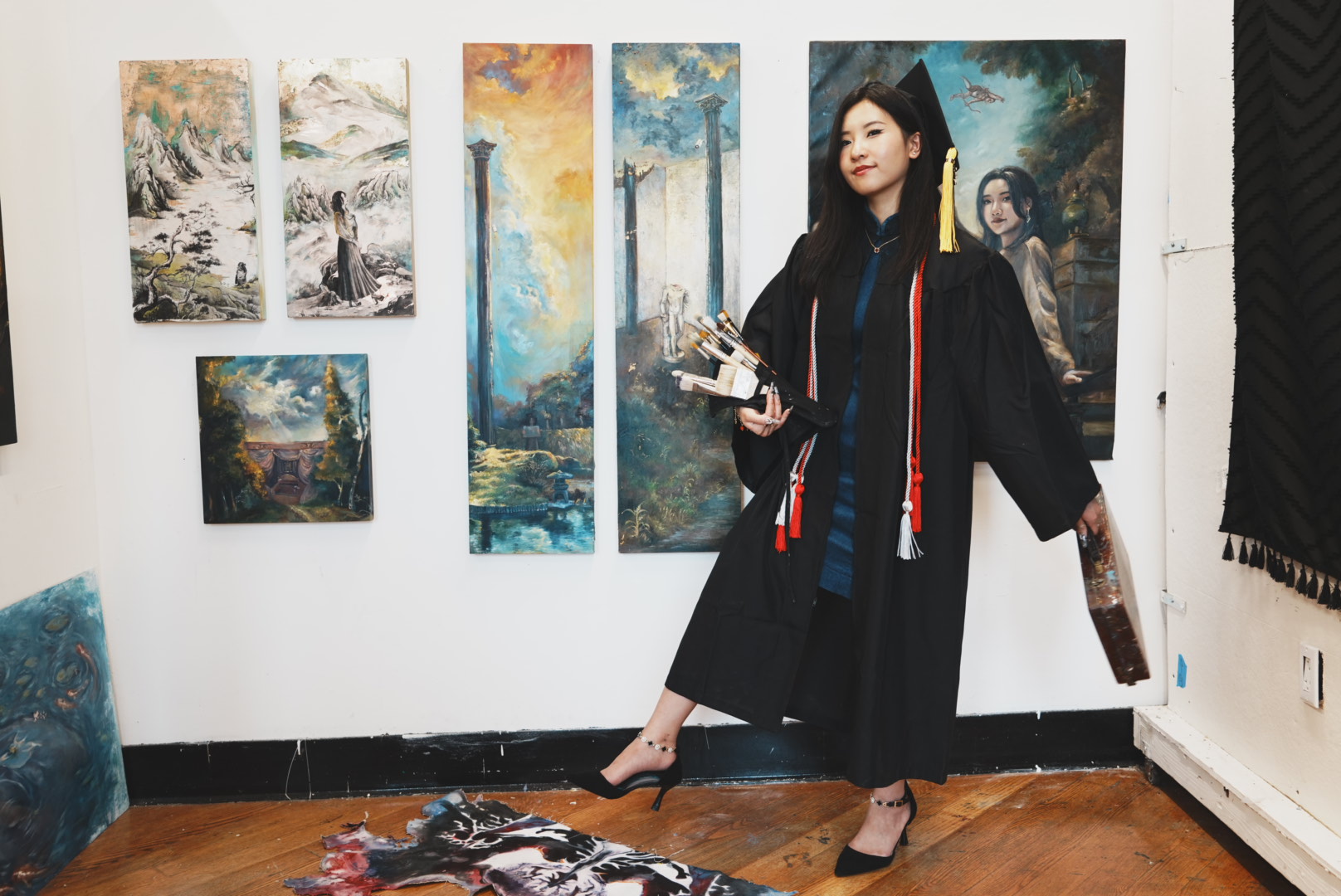This is the year to kick the pesky imposter syndrome to the curb and move forward on your journey towards reaching your full potential. We hope the stories and lessons below will help you overcome self-doubt.
Erica Munson
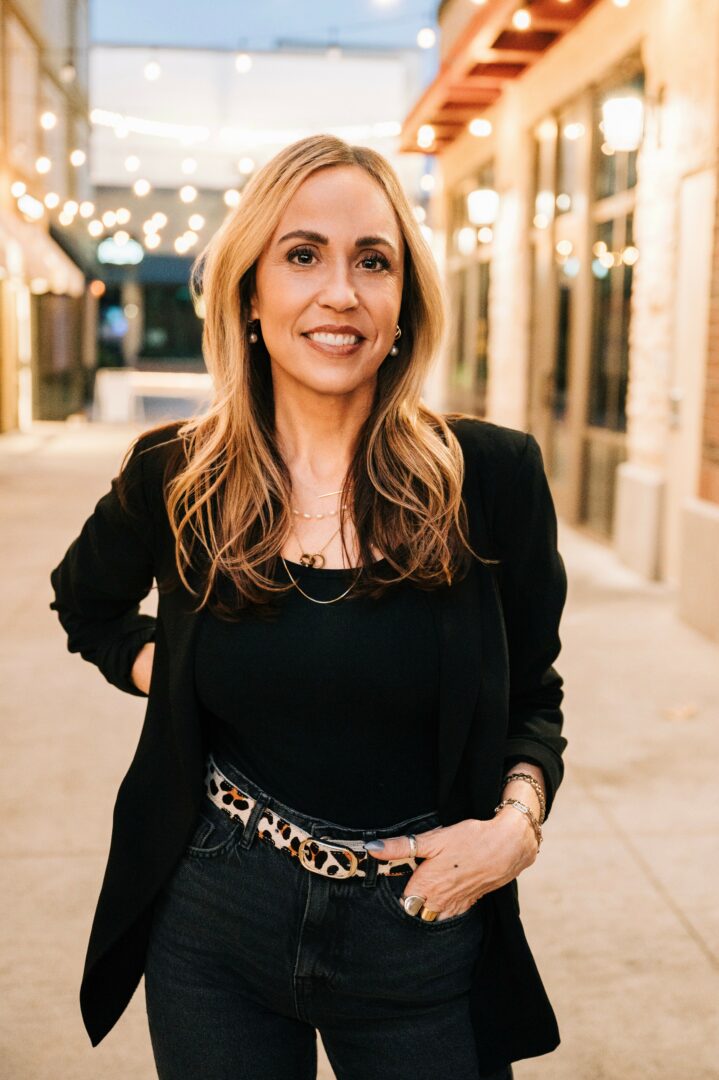
When I opened FORM + CONTENT, I truly felt like I was faking it every day. The last time I had worked in retail was years ago at Baby Gap, when I was pregnant with my daughter June. Read more >>>
Diego Hodge
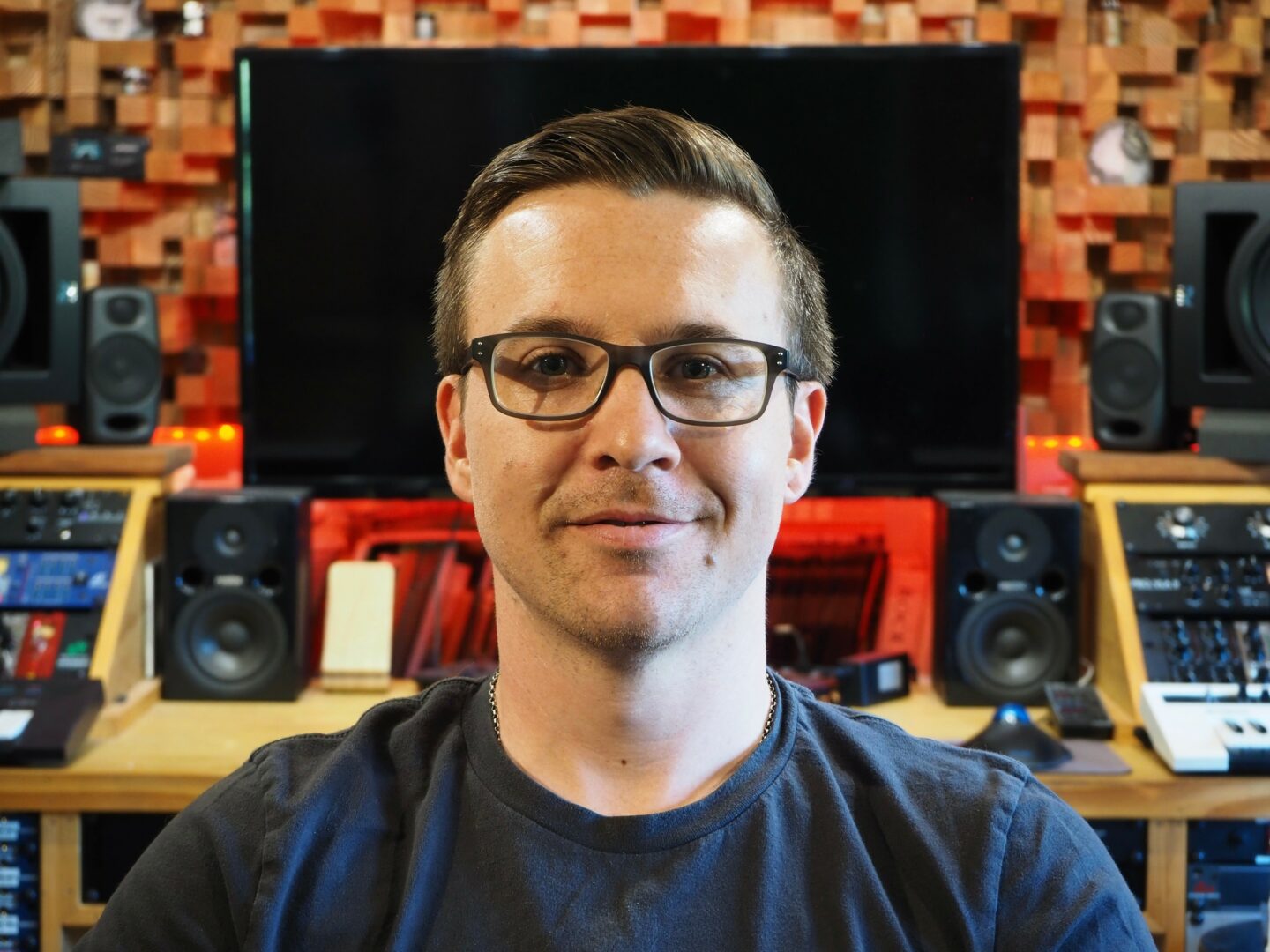
I don’t think I have overcome imposter syndrome, instead I’ve learned to embrace it. Over the last several years I’ve worked closely with a variety of different musical artists and game developers. At some point during each project, I find myself questioning whether I’m any good at what I do. A few years ago, I was primarily working as a recording engineer and producer. Read more >>>
Odysseus Andrianos
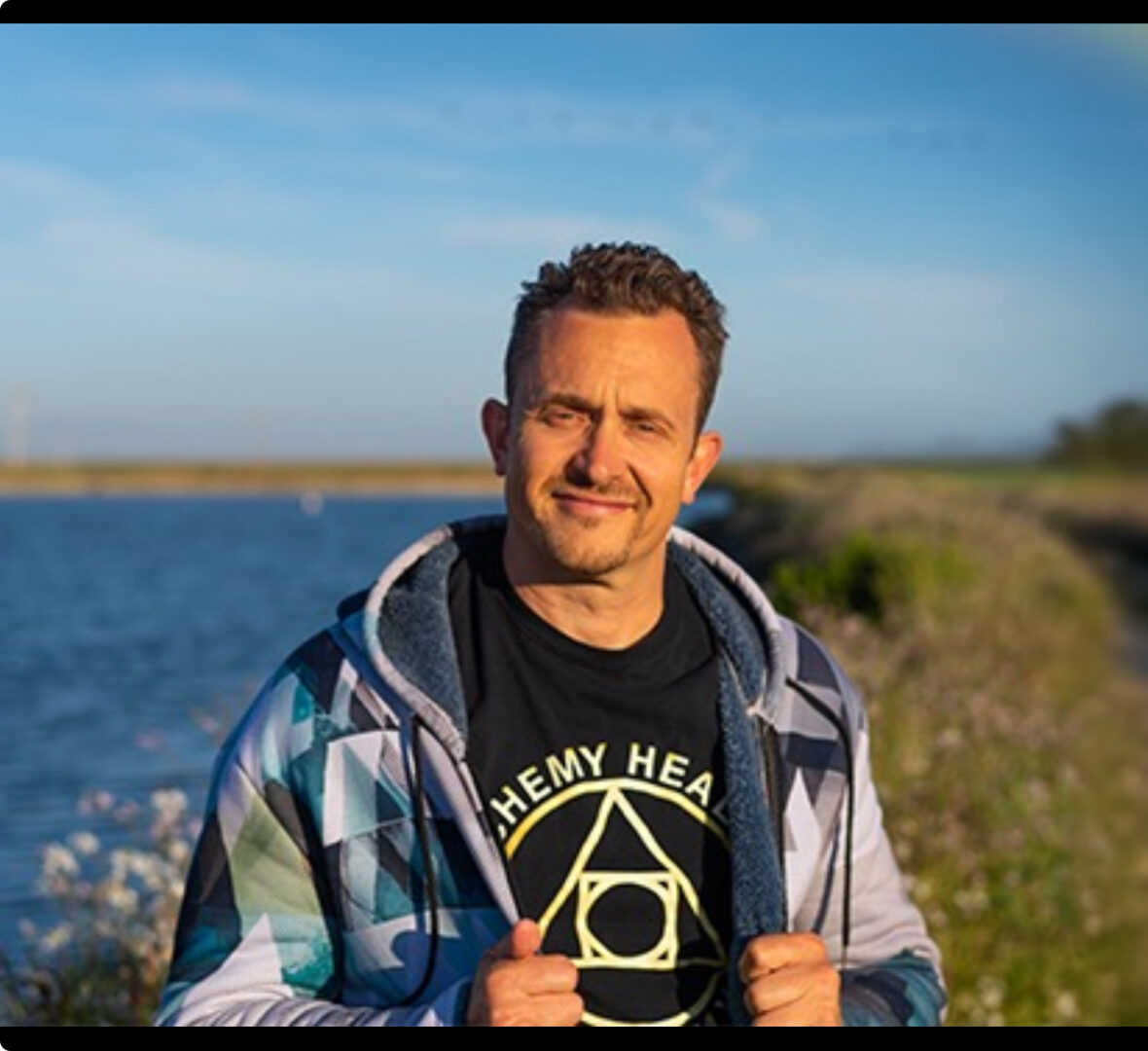
Shadow work. Facing inner suppressed emotions and integrating them. Read more >>>
Dana Solitaire
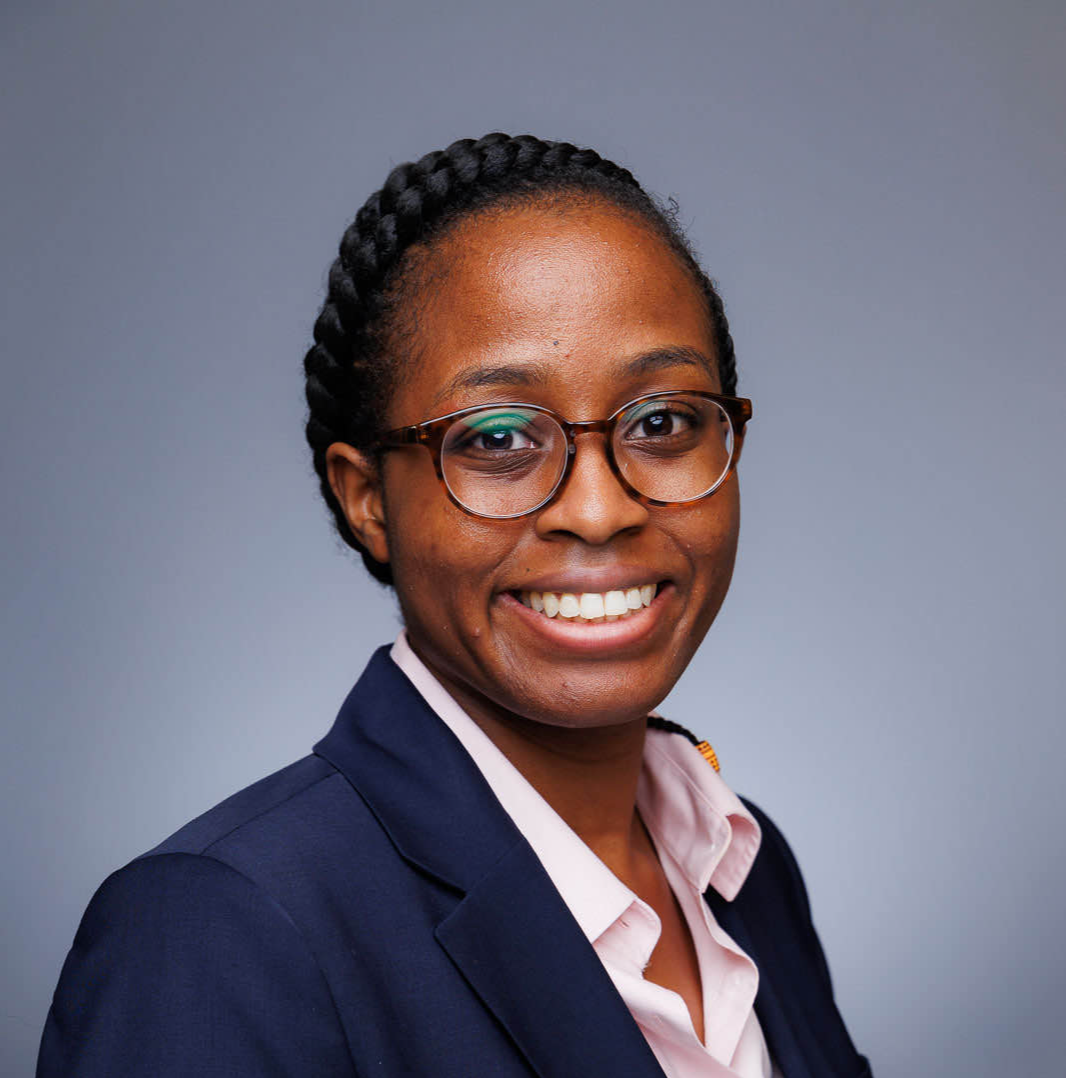
I first encountered imposter syndrome during a Girls Who Code summer program before my senior year of high school. Surrounded by peers more advanced in app and website development, I felt out of place. Read more >>>
Scott Stinson
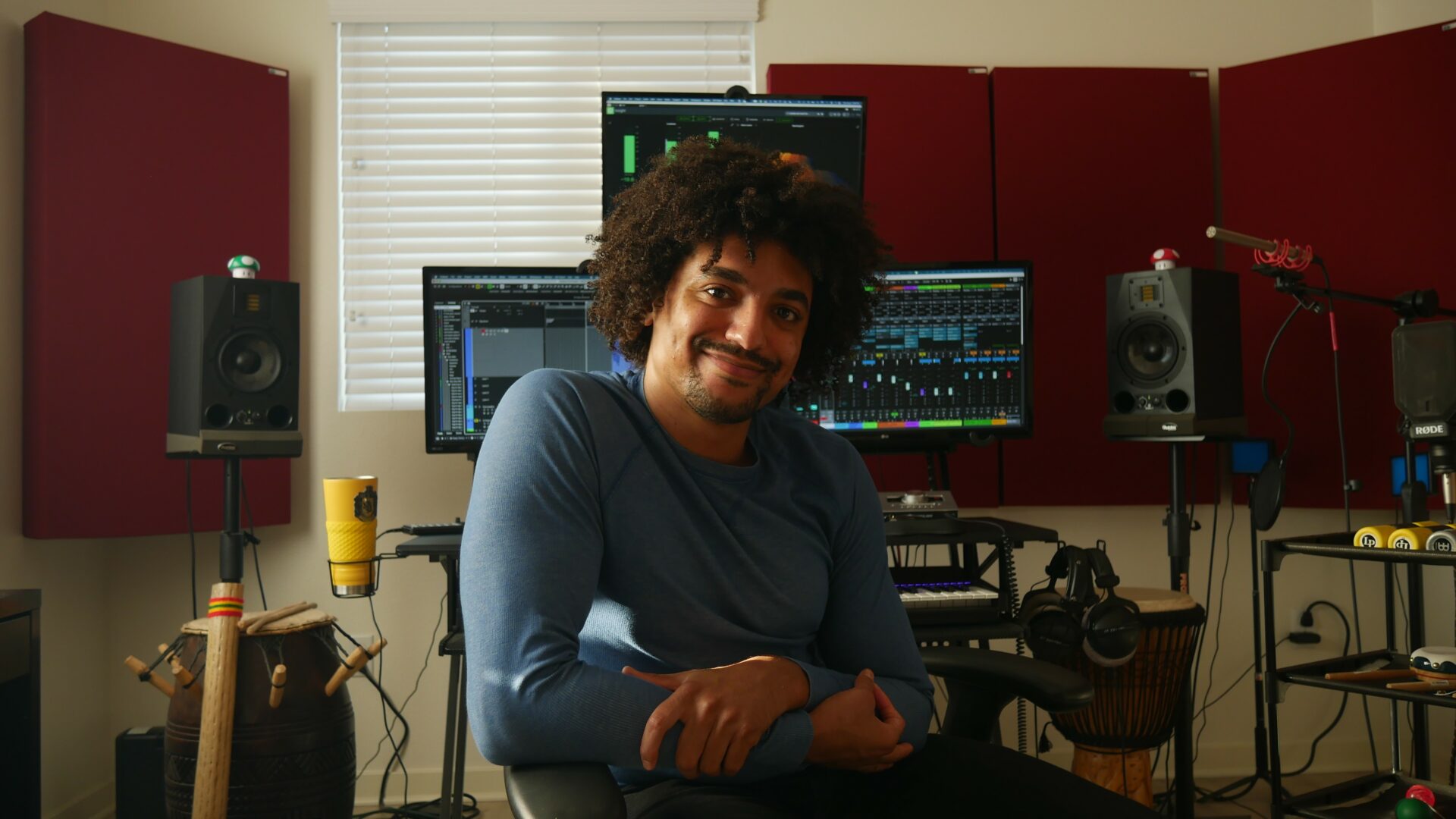
Overcome’ is a strong word! I’m not sure that I’ve completely conquered it, but I do have some effective ways of dealing with it. I try to tackle it from two angles. First, I remind myself that anyone may deal with it regardless of how skilled, experienced, or accomplished they may be. Read more >>>
Sean Strong
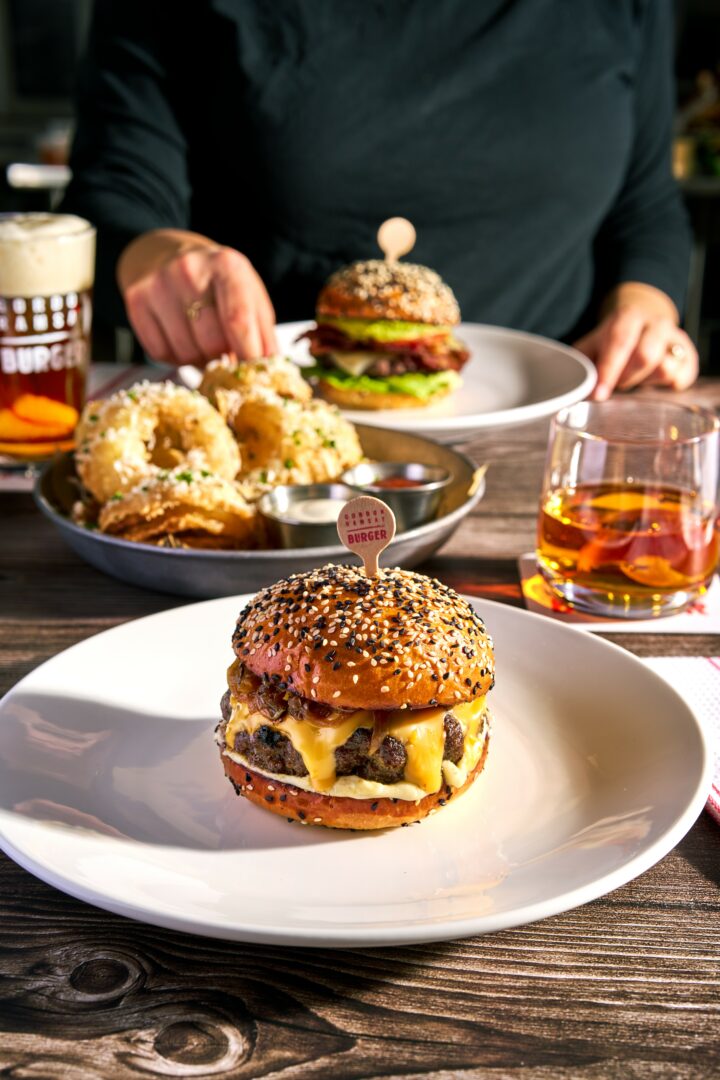
How did you overcome Imposter Syndrome Living with imposter syndrome as a creative is incredibly common. Logically you’d think that it get’s easier over time, but for me, sometimes it just gets harder. Ideally the further I get into my career, the more evidence I should have (through solid work and positive feedback) that I do, in fact, have a great creative mind. Read more >>>
Lavanga Schlette
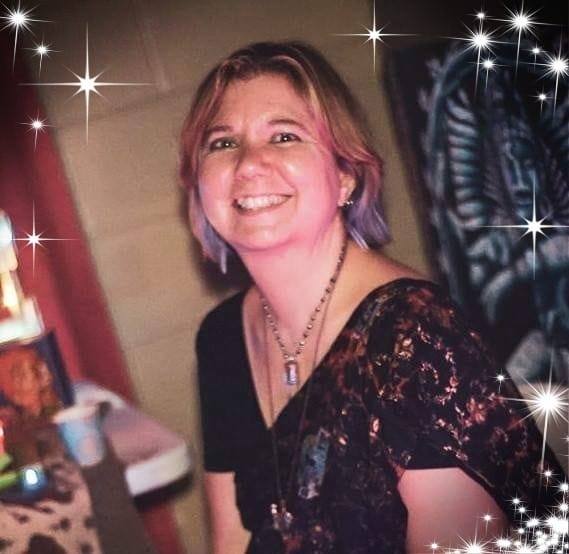
I was able to overcome imposter syndrome once I recognized I had it and where it came from. My natal Sun is in Aries, where it is considered to be exalted. The Sun is part of ourselves that is so bright we can’t really look at it ourselves because we are too close. This is even more intense since mine is so strong. Read more >>>
Eileen Miles
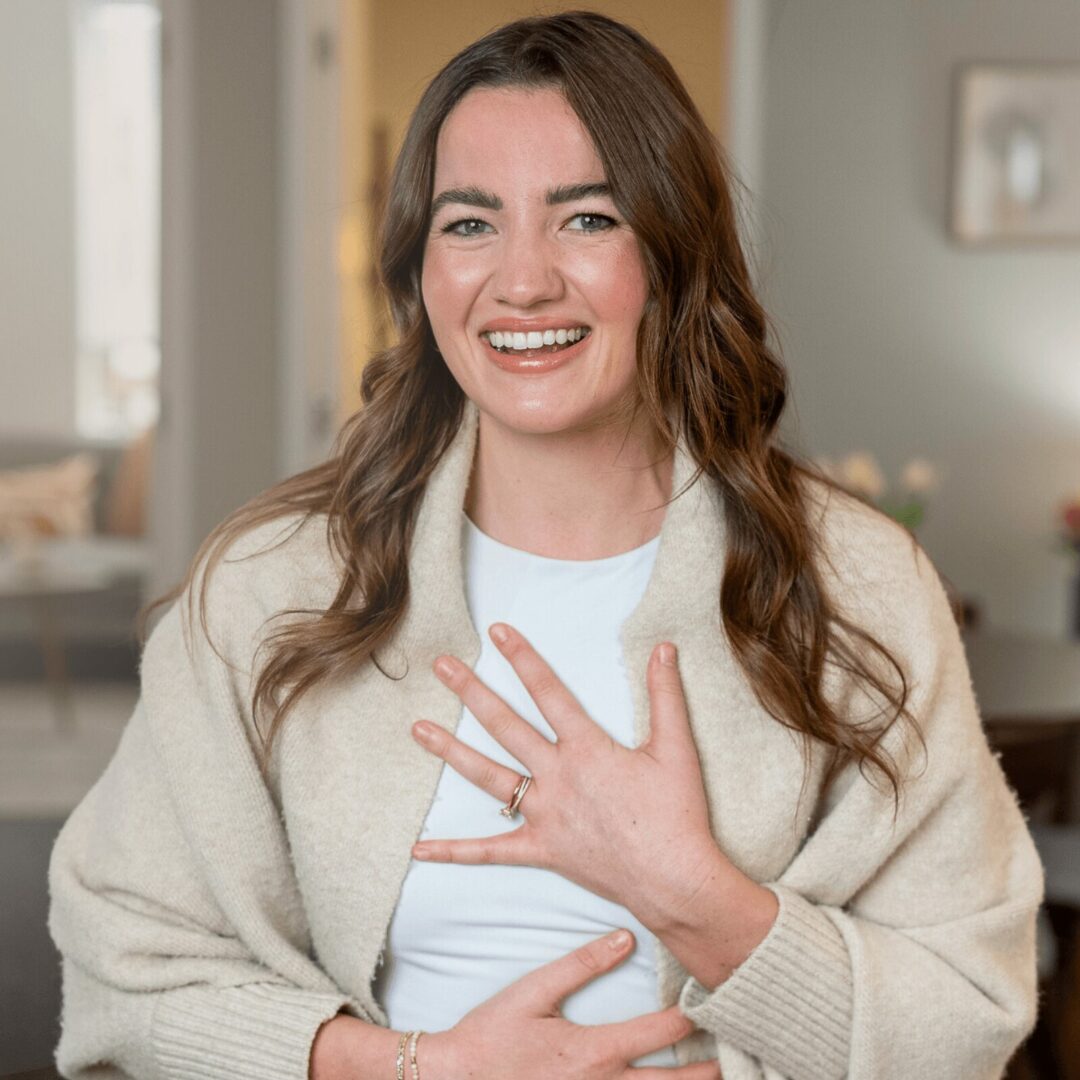
The mantra that has carried me through is simple yet powerful: “There is room for me.” For so long, I compared myself to others and I was convinced they were more talented, more experienced, more worthy. But worthiness isn’t a competition and space doesn’t run out. I realized I don’t have to shrink or prove myself to belong. Read more >>>
Brooke Knight
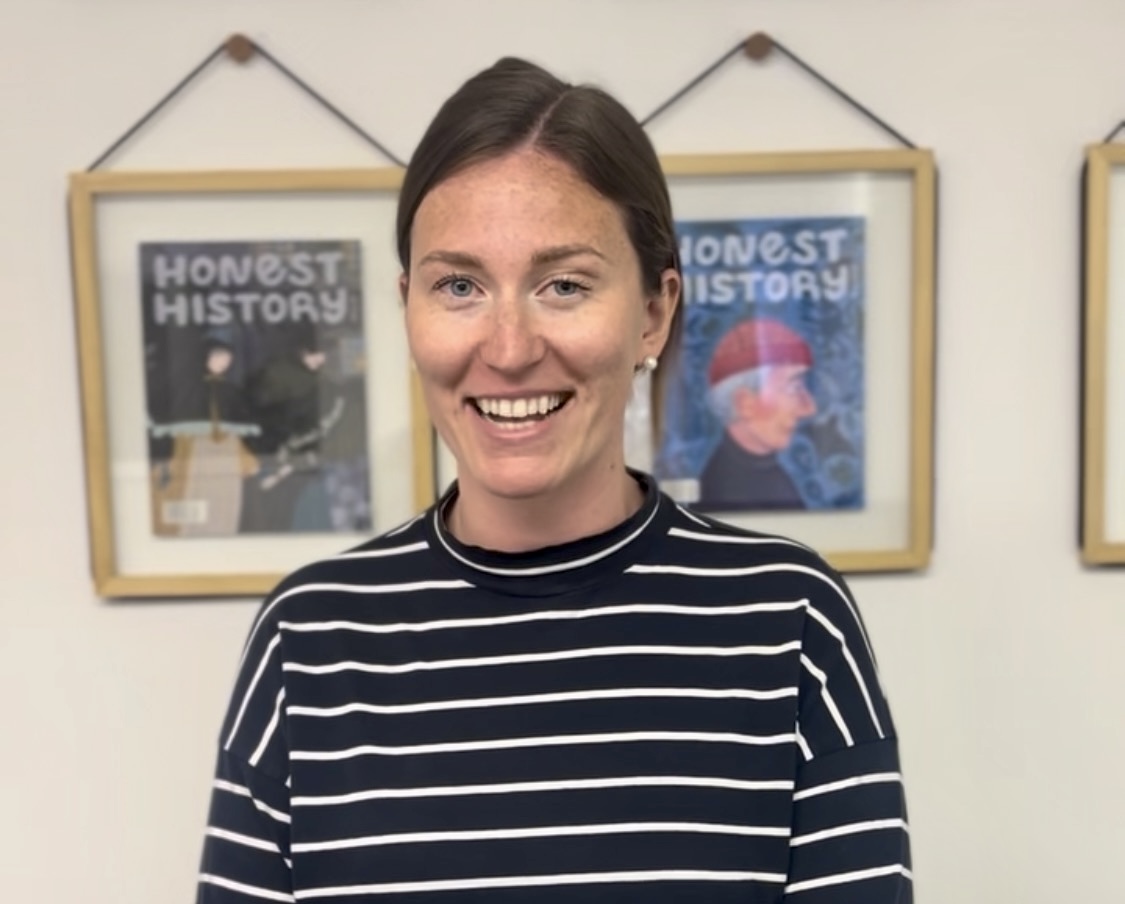
At the end of the day, I like to remind myself that I’m the only person who can do what I do. Sure, someone else could create the same product as me or write the same article with a different perspective, but it wouldn’t be the same product I create. Read more >>>
Steve Jun
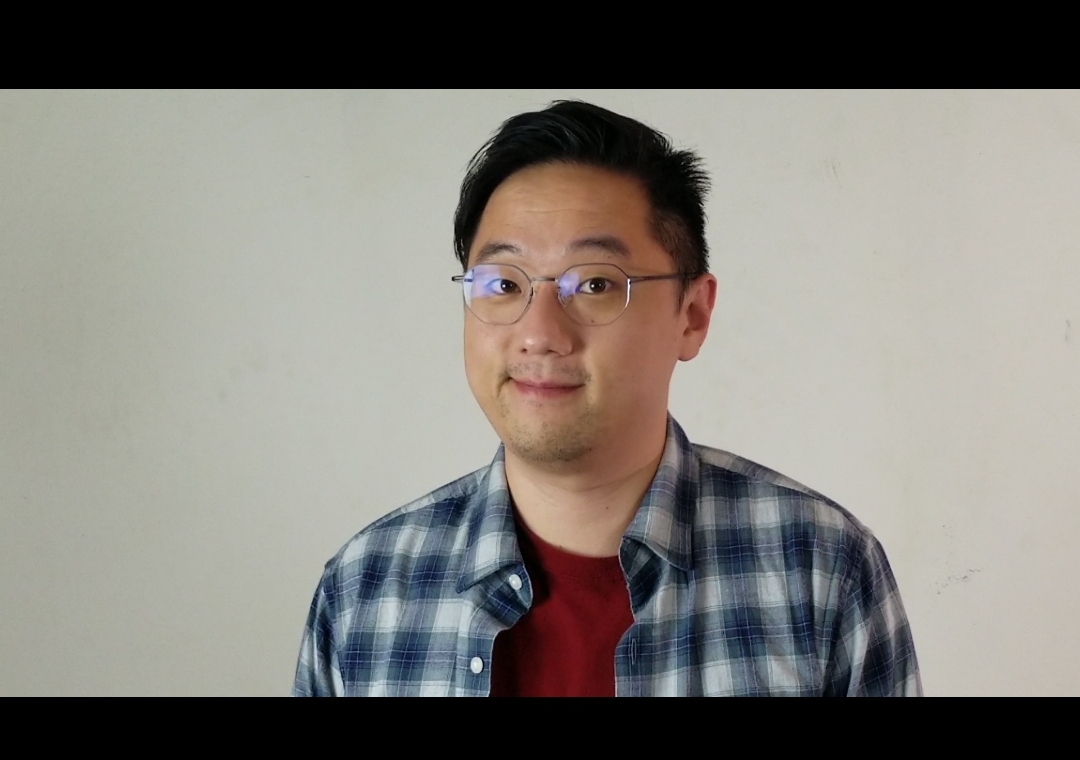
I’ll be honest: I don’t think I ever really did. Like any creative, it still pops up here and there. What keeps it at bay is a quote that I came across during high school. I had a book of quotes for every situation in life and it was more or just a coffee table book but I was looking for a senior quote. Read more >>>
Adrien Prevost
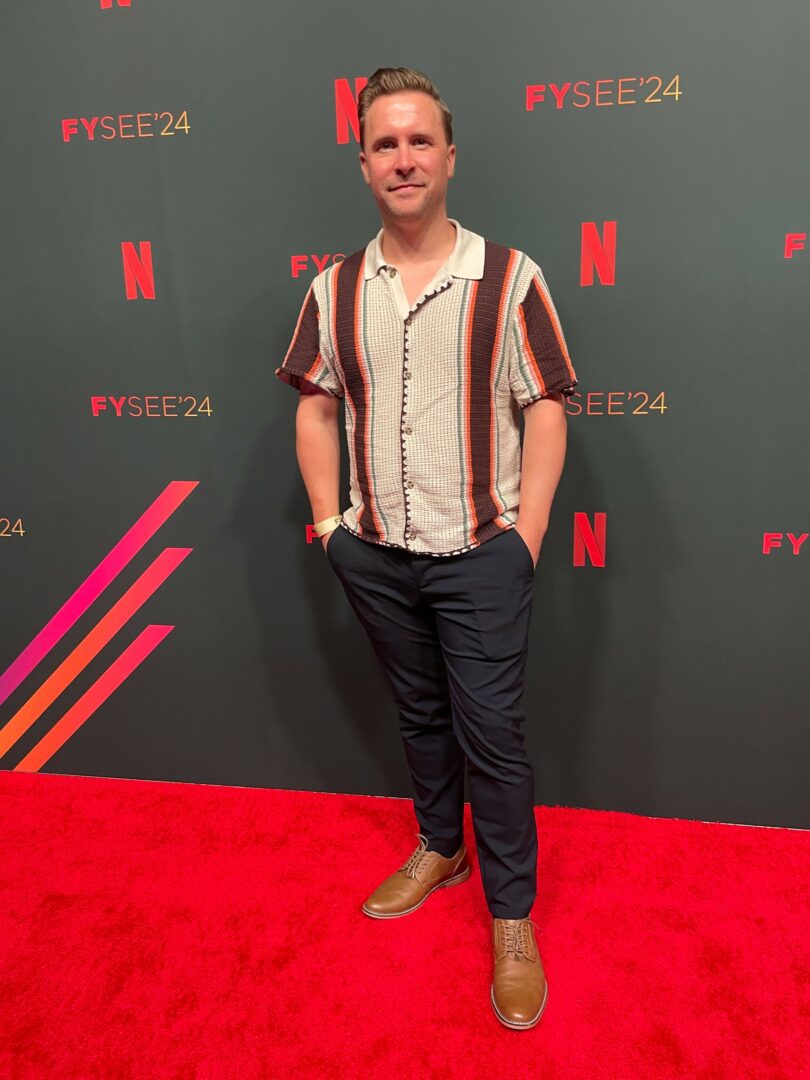
I think it’s something that I’ll struggle with forever. Or at least something that I’m starting to learn to live with. And I think of it as a healthy thought / struggle. Being sure is the enemy of creativity. I’m finding way more paths from being unsure. From questioning what I’m doing and how. Feeling like an imposter shows that you care. Read more >>>
Jerad Larkin
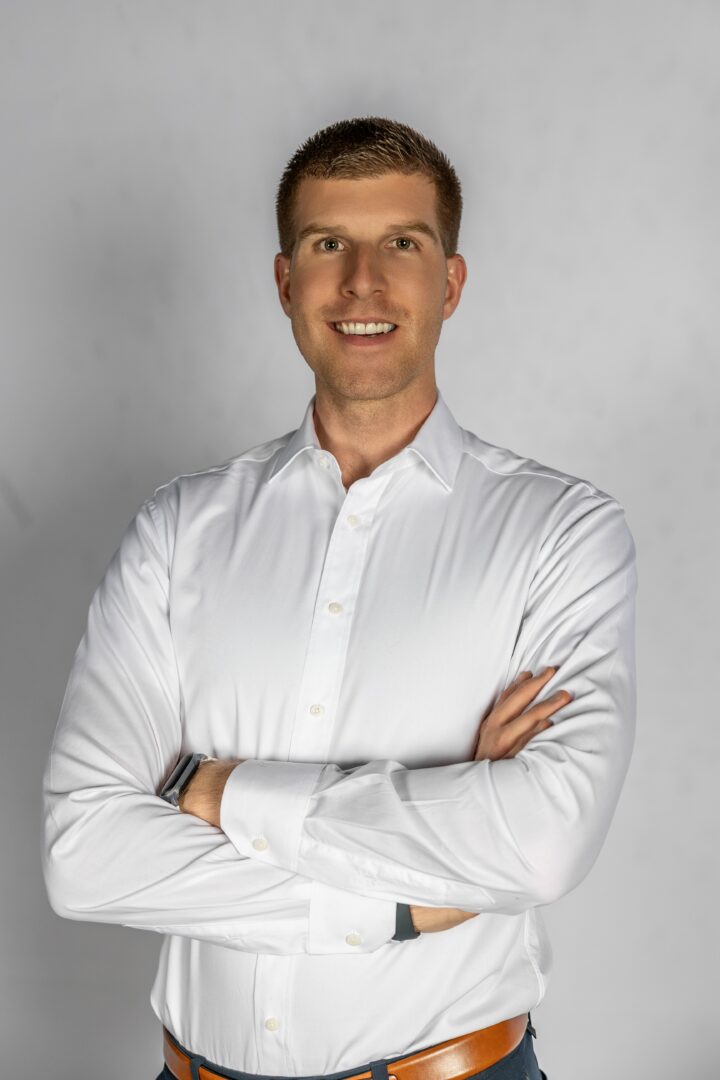
For me, imposter syndrome was very real when I first started in sales. It’s a catch-22 — nobody wants to work with you in the beginning because you don’t have a track record, but the only way to build that track record is to actually get clients. Read more >>>
Tawna Farciert
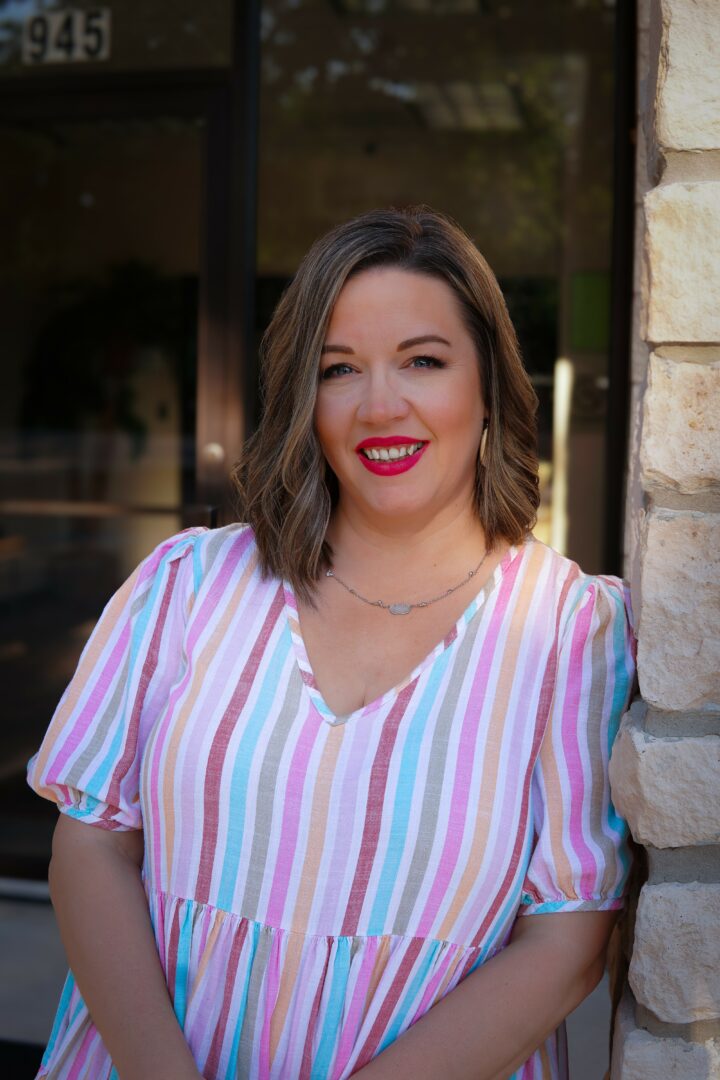
Imposter syndrome is so real. When I first made the decision to step out on my own and launch my business, I was terrified of what other people would say about it. Read more >>>
Mary Benson
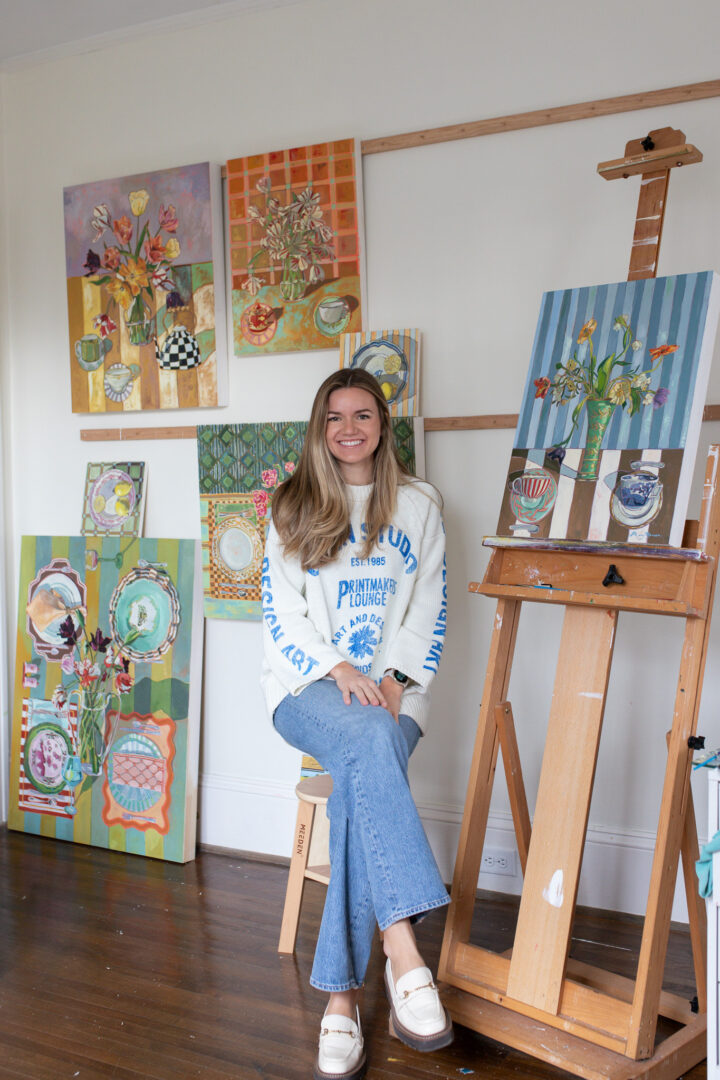
Honestly, imposter syndrome is something I don’t think ever completely goes away—it’s more of a constant process. Every time I start to feel like I’ve “figured it out,” something new comes along that makes me feel like I’m back at square one. But I’ve come to see that as a good sign—it usually means I’m pushing myself outside of my comfort zone and growing. Read more >>>
Becca Starling
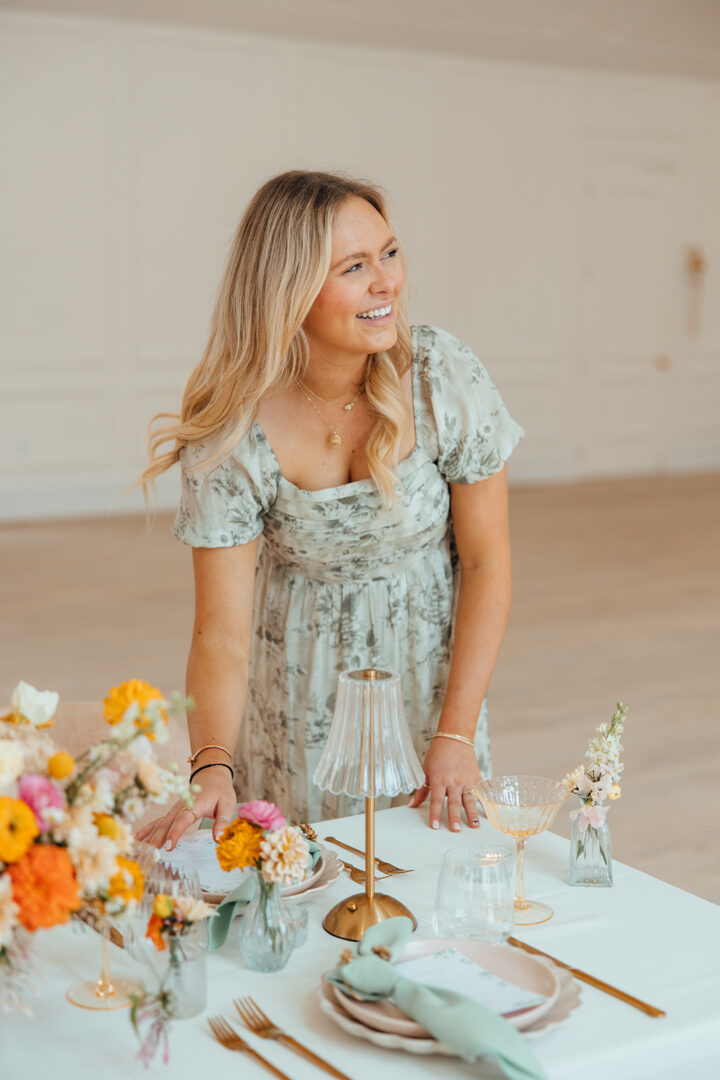
I think imposter syndrome is never something you fully overcome. I think some days it is stronger than others. There will be random moments that you think to yourself, ‘Wow, I really am doing this very well’, and then there will be days that you have no confidence in your skills and abilities. I think that is all normal and okay! Read more >>>
Jennifer Harrup

I feel like I still deal with imposter syndrome all of the time. Online our attention spans are so short and we find ourselves simply consuming whatever content our algorithm feeds us. We aren’t following creators like we used to. Read more >>>
Theresa Maria Villarreal
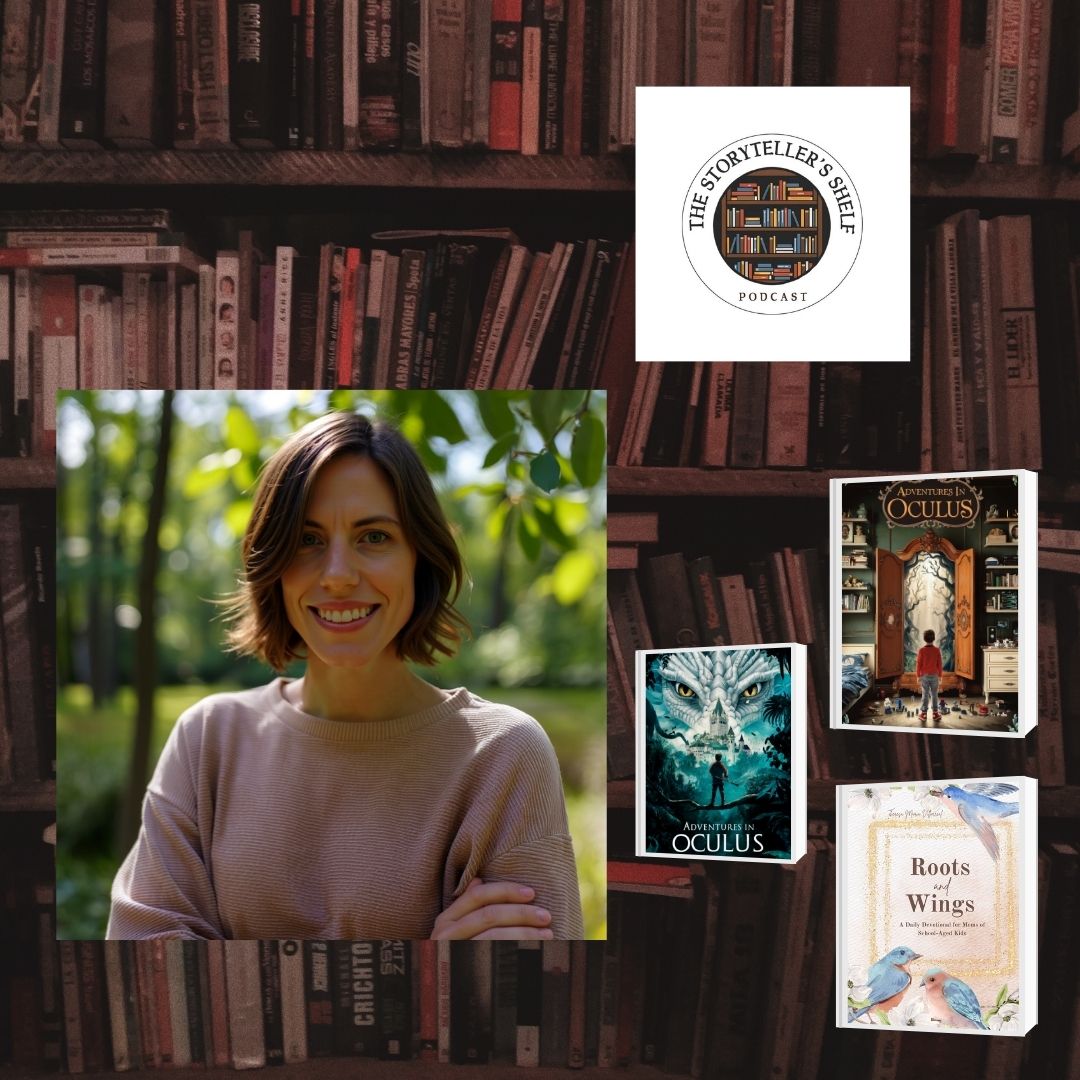
Even as an author and co-founder of The Storyteller’s Shelf Podcast, bits of imposter syndrome still appear—especially when I meet legends like Lois Lowry, or incredible inspirations like Kwame Mbalia and Emmy-winning screenwriters like Max Beaudry. I remind myself that everyone started somewhere, and even the most accomplished creatives were once in my shoes. Read more >>>
Jason Dean
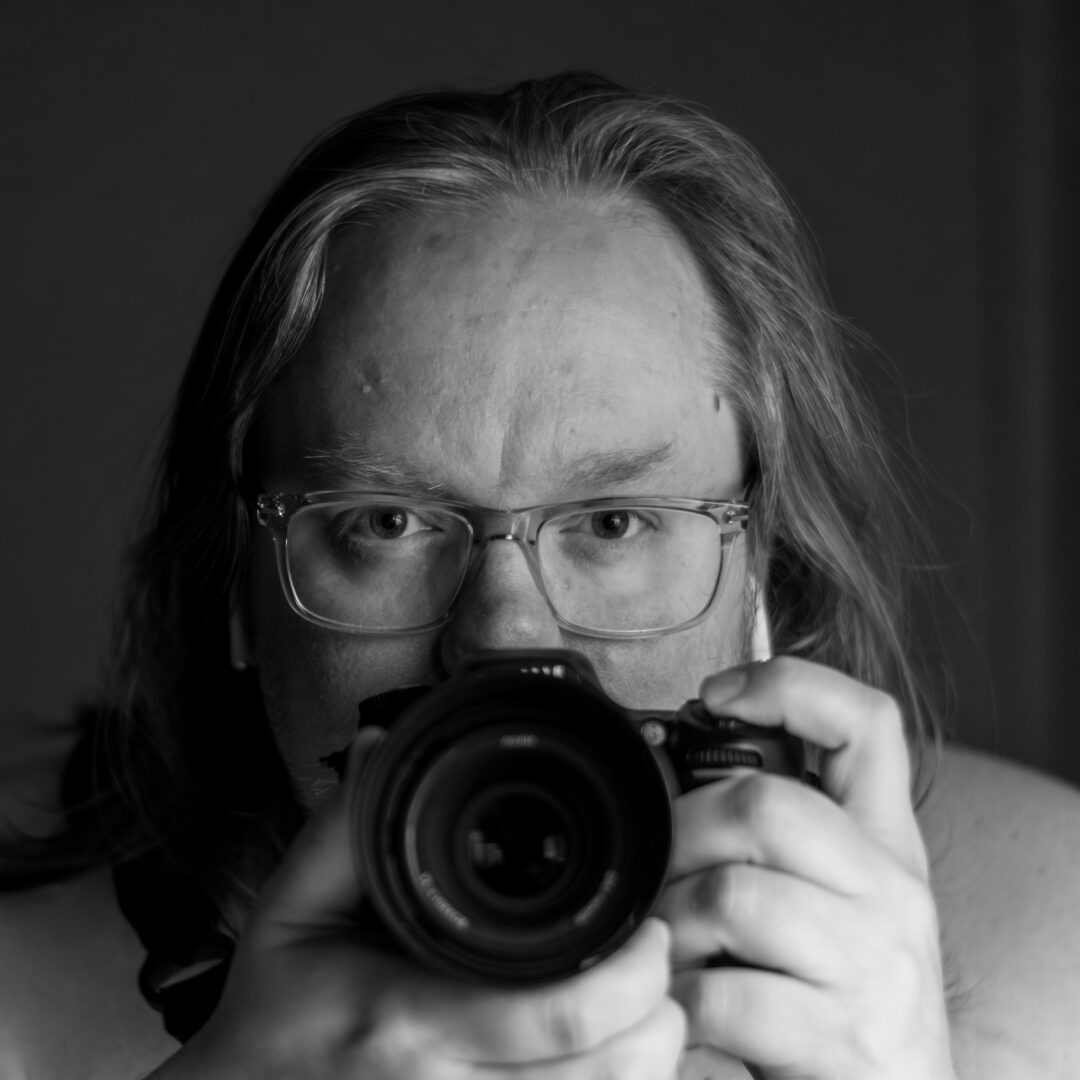
Overcoming imposter syndrome is easy enough- as a thought exercise. In practice, it requires self-belief, singular focus, and a strong support network that supports and encourages you in your uniqueness. Self-belief might seem obvious, but in a culture that is dependent on making us feel inadequate compared to the people around us, it can be challenging! Read more >>>
Demetrius Bing
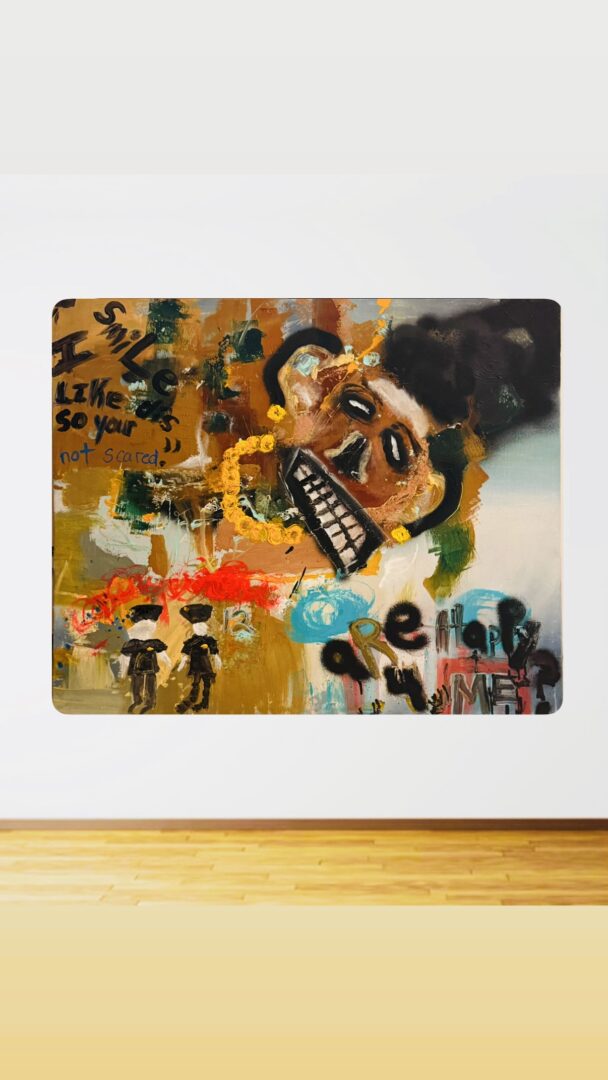
Its still a process, I constantly remind myself who I am and what Ive accomplished. I tell myself, “You were chosen and wanted because of your talent.” Its still like damn people really love what I created and see value of it. Outside forces such as : work associates, friends , and family are the ones that’ve had to adjust the most. Read more >>>
Justin Kempf
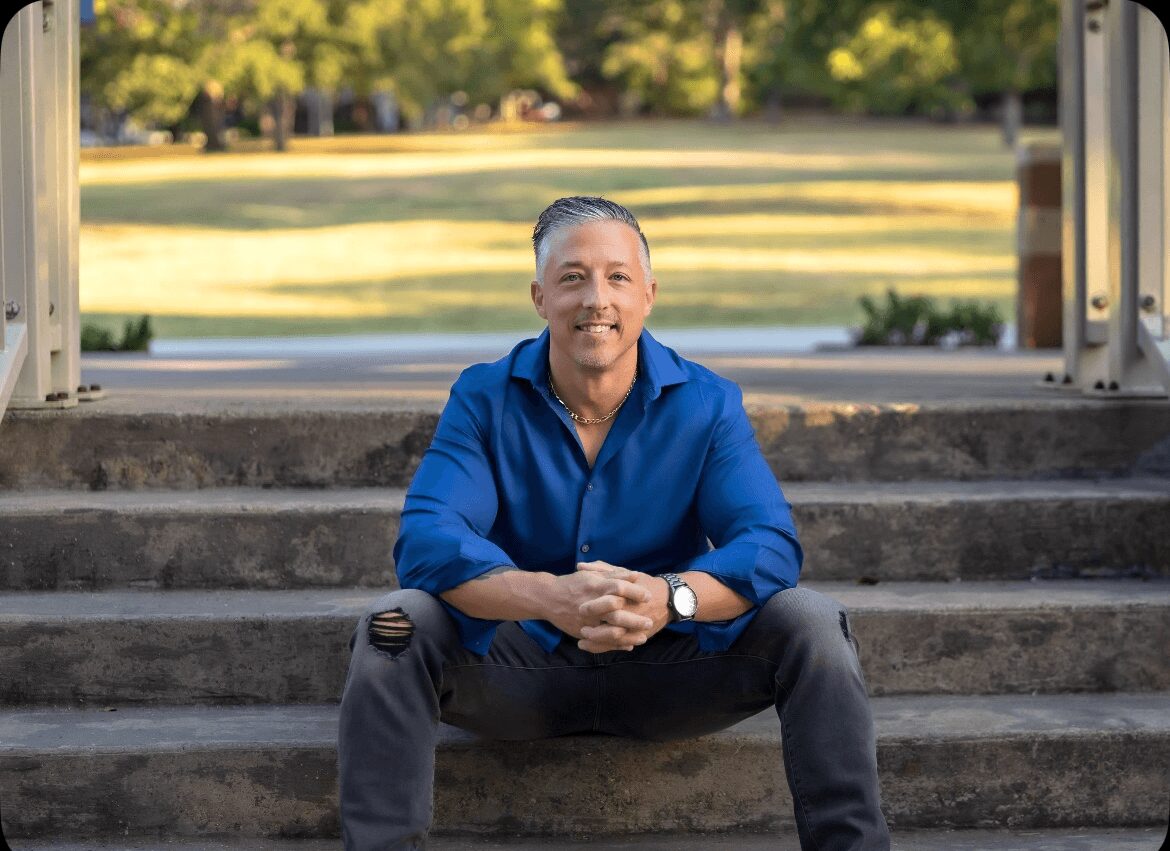
When I first stepped into the world of functional and holistic healing, I’ll admit imposter syndrome was loud. There are so many voices in this industry, and part of me questioned whether my own journey and knowledge were enough. I wasn’t a doctor in a white coat. I wasn’t backed by a big hospital system. What I had was something different: lived experience. Read more >>>
Gunnice
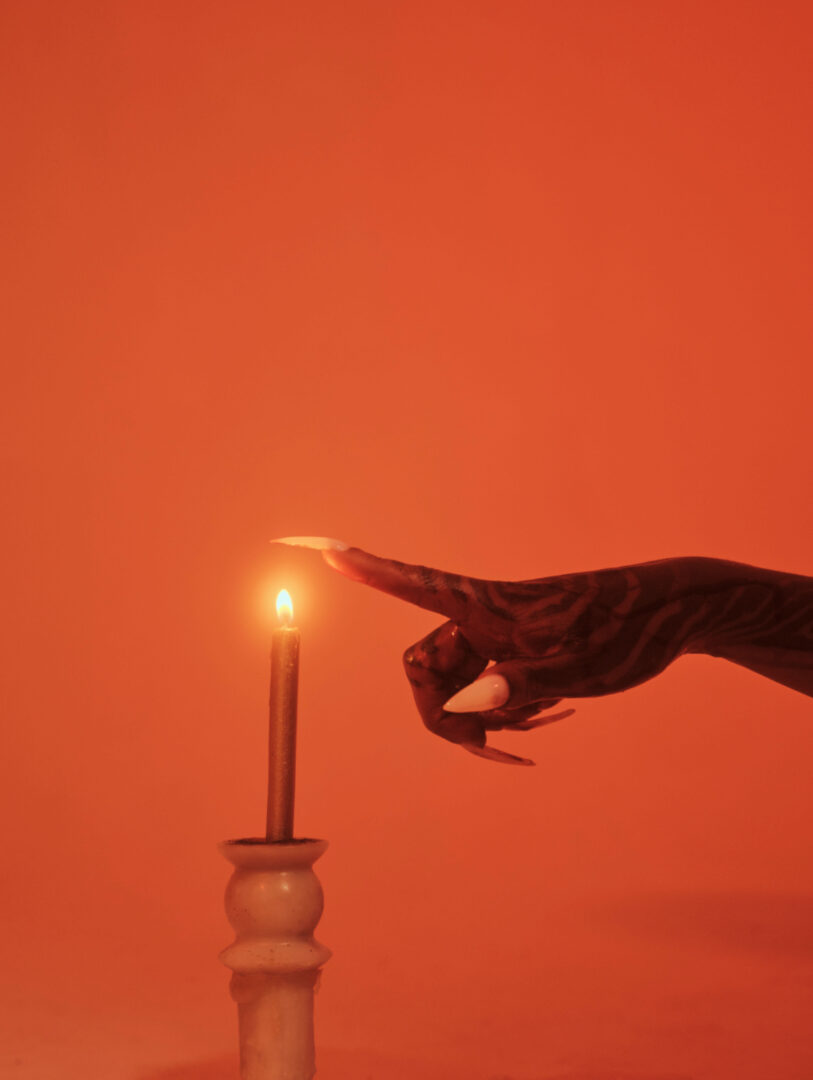
I’ve been growing a deeper relationship with the river in my neighborhood. Just through observation alone, I’ve been witness to lessons in rooting in stillness and tuning into the flow state as I continue to work and create. I find a lot of my inspiration out in nature, like many of us do. Read more >>>
Mago Junior
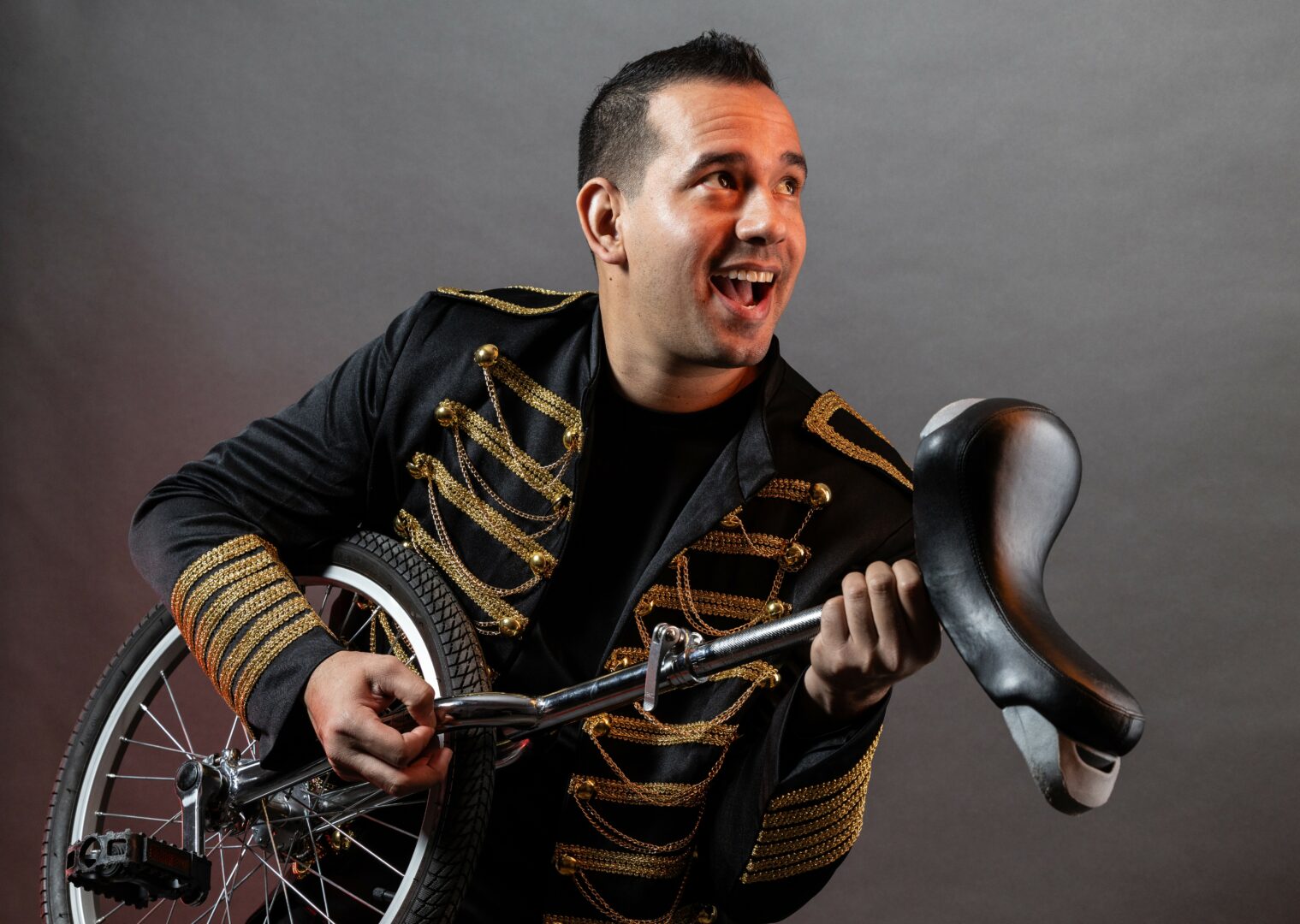
The truth is, it’s a topic that eventually starts to worry you. Especially when you’re involved in projects that are bigger than you expected. The first time a circus called me to work with them, I felt like an impostor. Read more >>>
Ebelle Shum
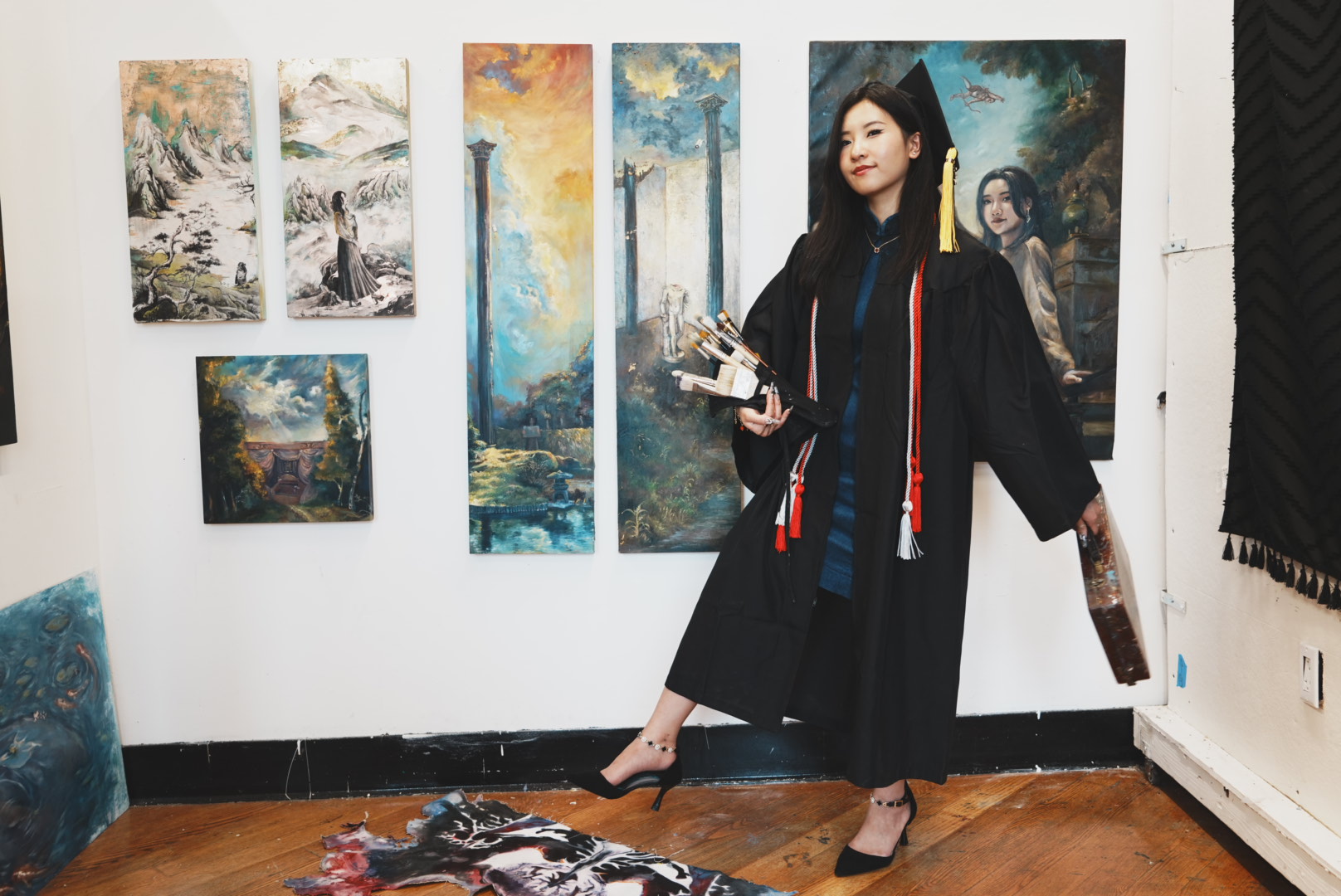
There is always a voice inside of me that echoes in my brain – that I am not a ‘real artist’. What does that mean? I am not too sure of that myself. Despite taking art classes and honing my painting skills since I was 13, I don’t think I’ve ever truly taken art seriously. Read more >>>
Xiangzi Li
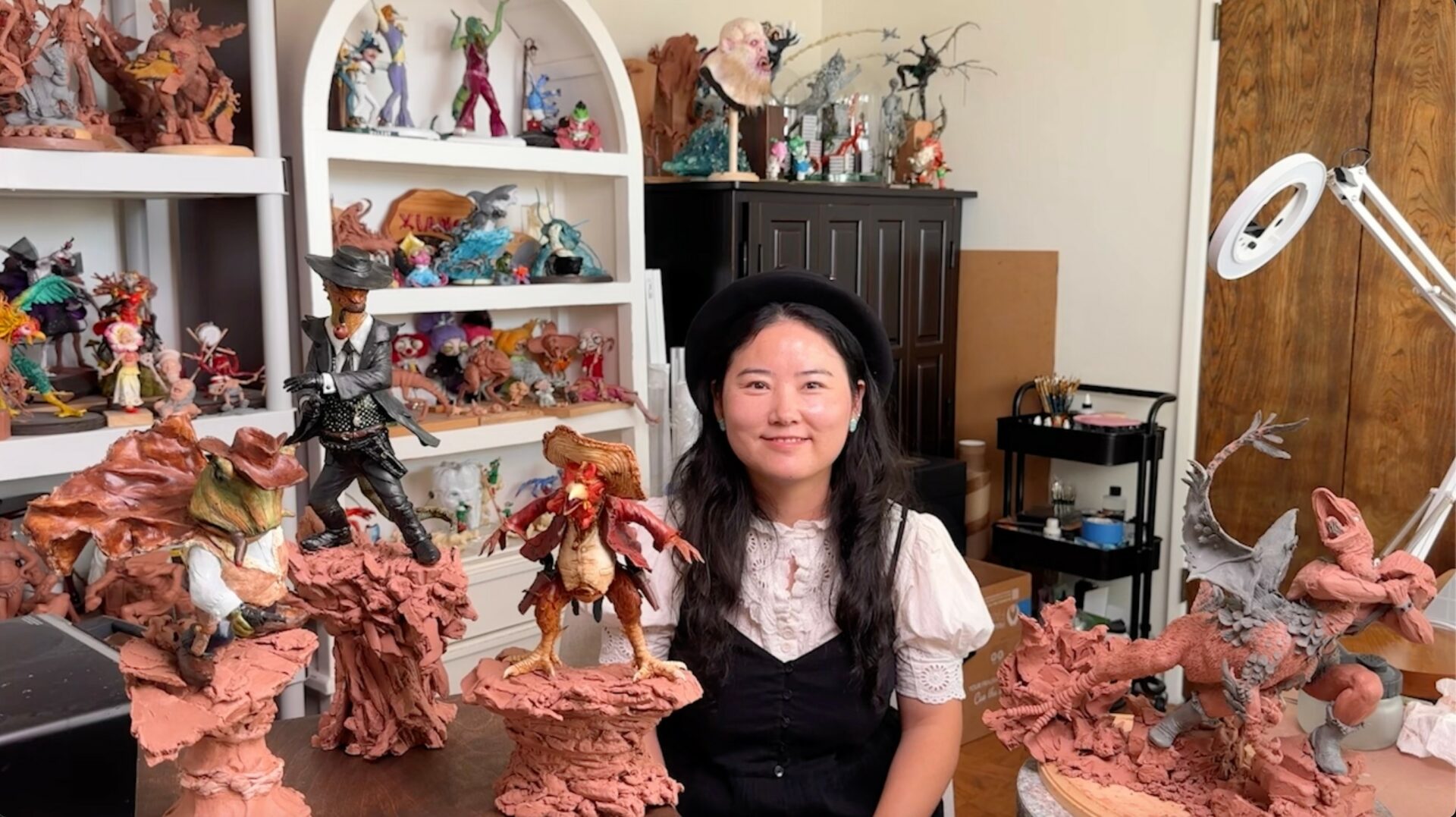
When I was still in school, I was like many others—constantly comparing myself to classmates, focusing on ranks and grades, and always trying to stay on top. My grades were fine, but deep down I never felt that was what I truly wanted. I kept asking myself: What do I really want for myself? Read more >>>
Short Story
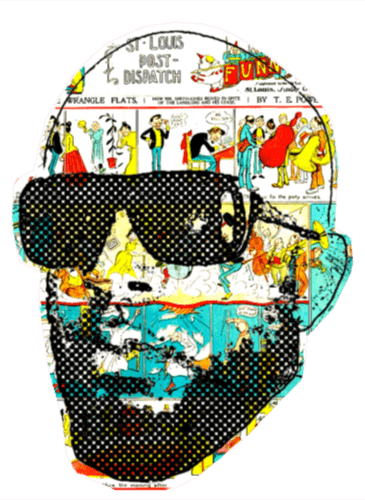
I overcame imposter syndrome, when I made the decision to hone and push one particular style. I have coined it as the ‘light hearted’ style and being proud of the development of it has given me a resilience to overcome imposter syndrome. The style utilizes newspaper comic strips to fill the space of the subject matter. Read more >>>
Heather Davis
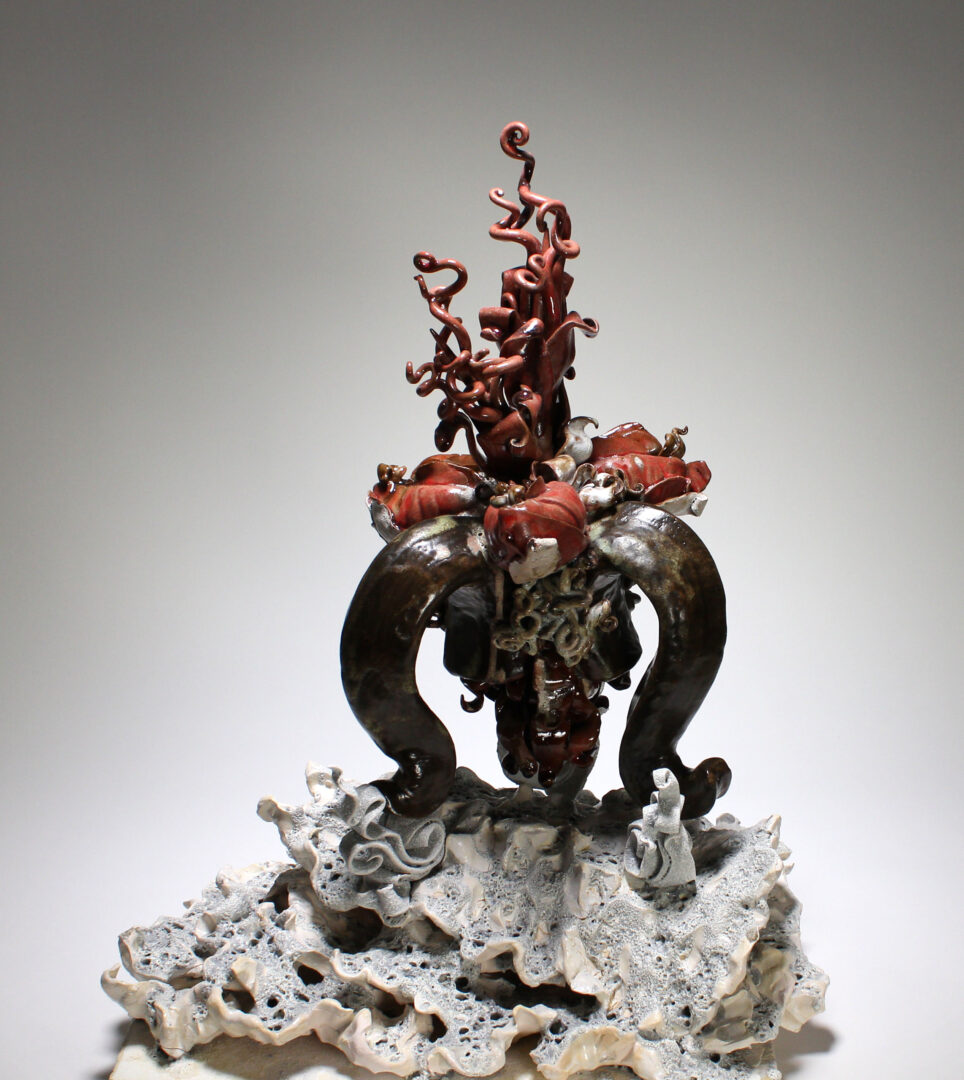
I am an artist. It took many years to accept that label and identity because for many years I did not like the art that I made. It never quite measured up. There was always something to improve or change. A few years after grad school, I finally started making work that I liked. Read more >>>
Woosug Kang
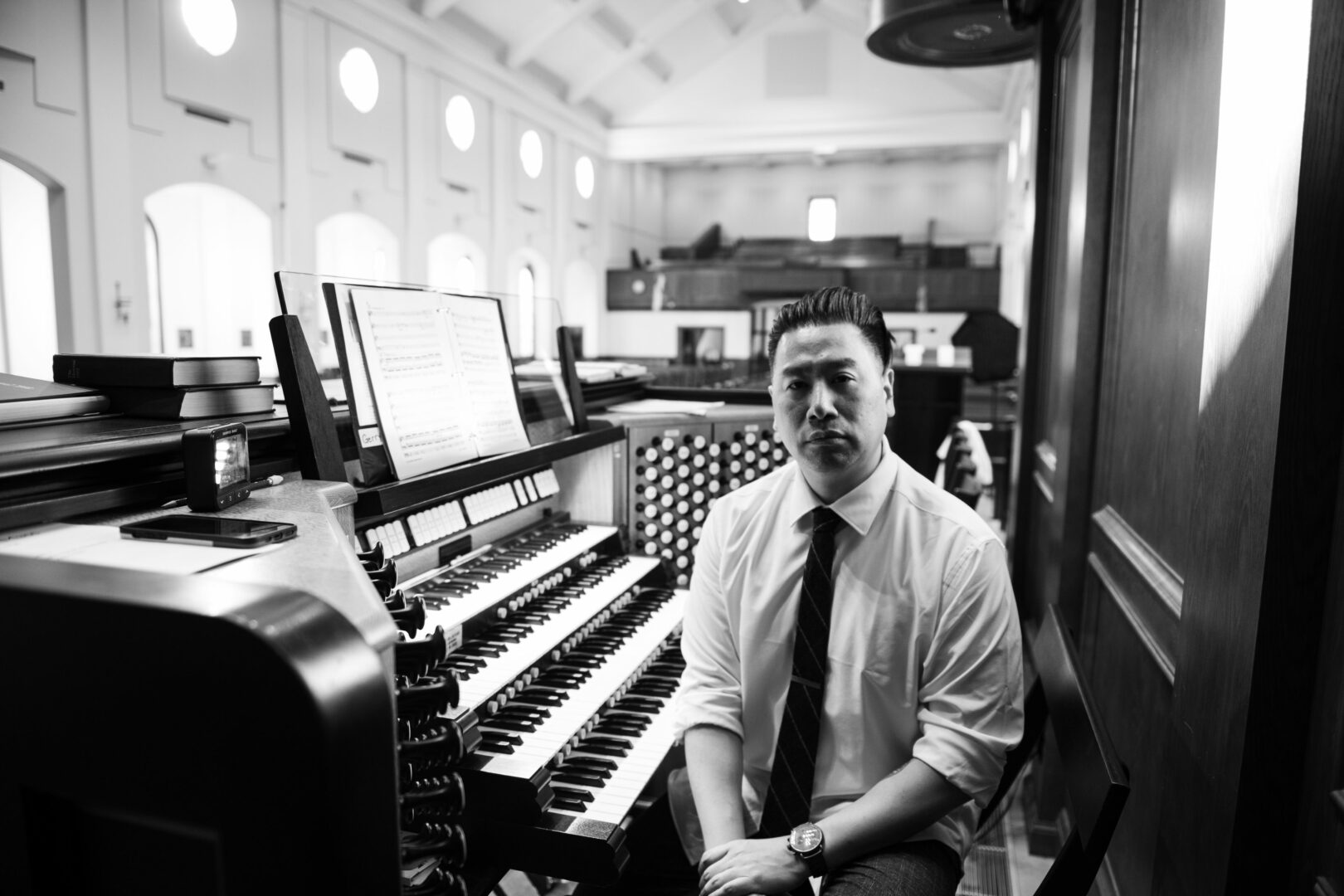
My imposter syndrome has two facets: one with my skills as a musician, but also as a person who grew up in three different continents. My family moved from Seoul, South Korea when I was 14 years old to New Zealand, where I grew up and later, I came to the USA for my grad schools, and I ended up taking a root here. Read more >>>
Gaddie
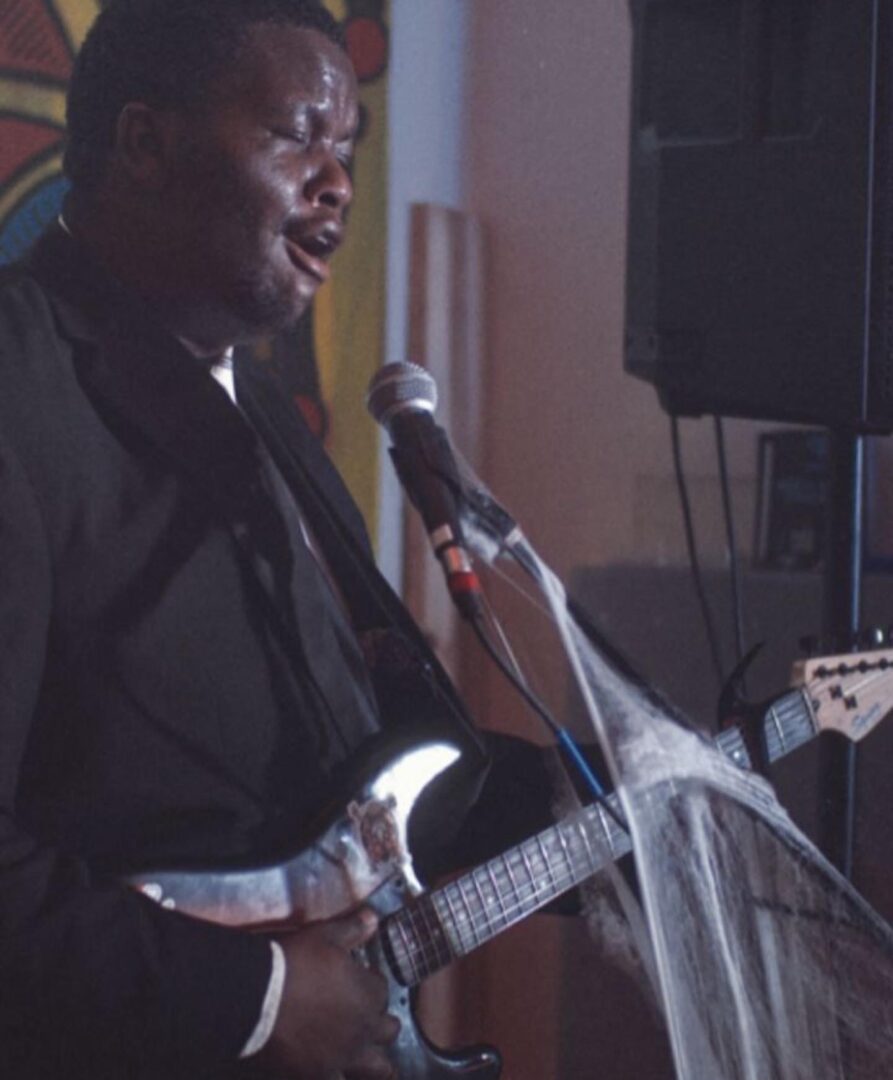
I overcame imposter syndrome with a simple solution called individualism and a bit of solitude. When I first started singing and playing guitar, I had emulated all that I’d known at the time. Voices like Eddie Vedder and Mac DeMarco held a very strong influence on what I sounded like simply because that is all I had known. Read more >>>
Sharon Vidano
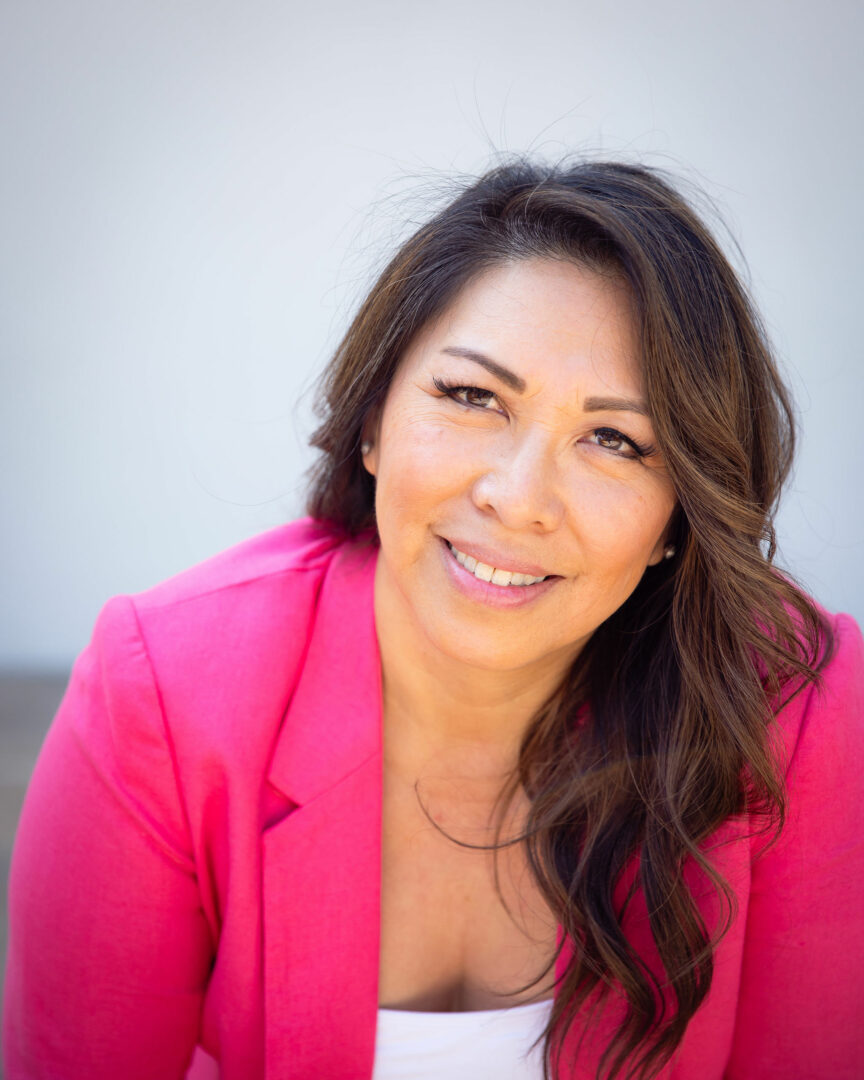
Every time I tried something new, imposter syndrome would creep in. Even if I had the training or credentials, I’d still catch myself thinking, “Who am I to do this?” or “Why would anyone listen to me?” What helped me shift was reframing the whole idea. Instead of seeing myself as an imposter, I started seeing myself as an explorer. Read more >>>
Amanda Danford
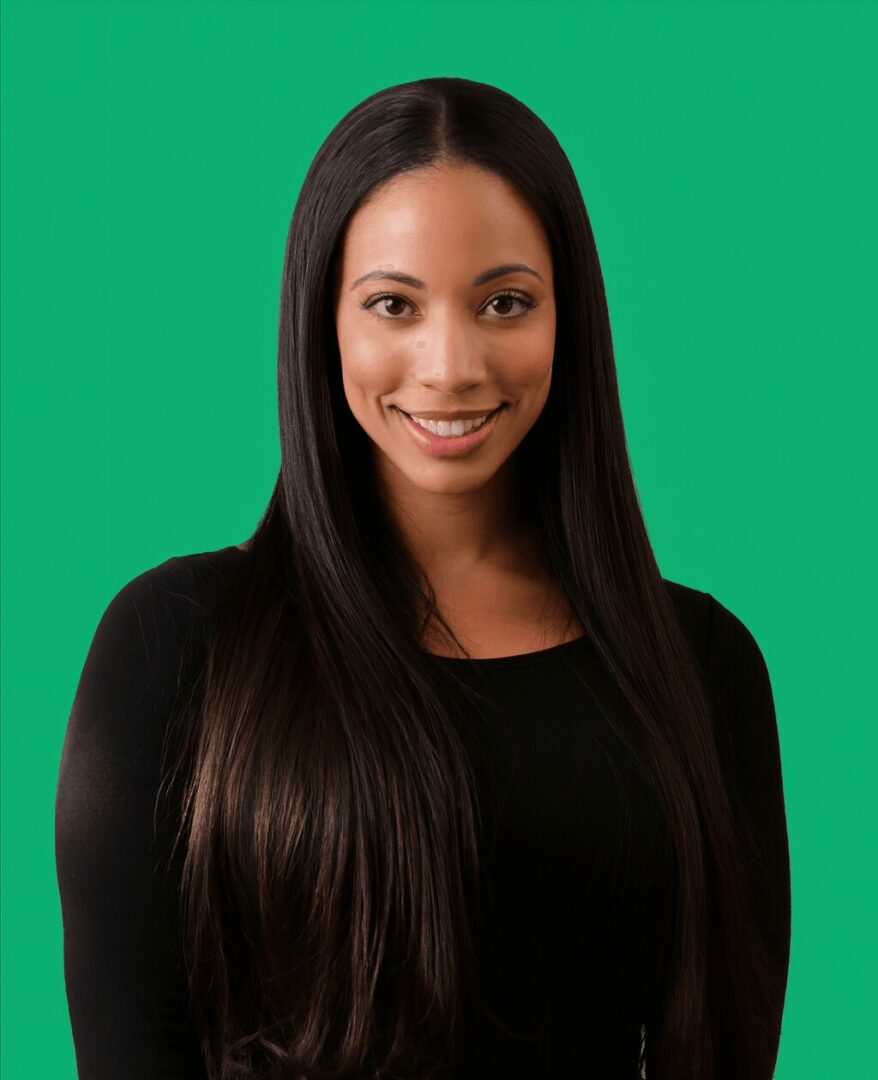
Early in my career, I kept finding myself in rooms that felt way bigger than me, presenting campaigns to celebrities, collaborating with Fortune 50 CEOs, even sitting at the United Nations Climate Action Summit. From the outside, it looked like I belonged there. Inside, I was thinking: They’re going to figure out I don’t deserve this seat. Read more >>>
Jhirmeilya “Jai” Lockett
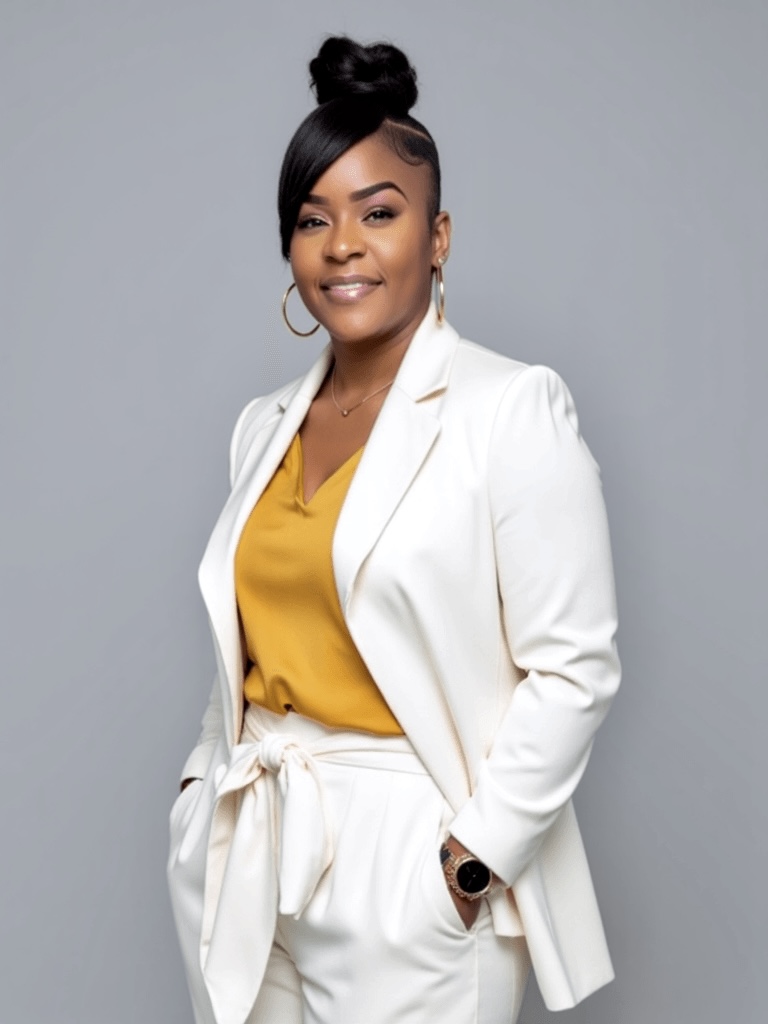
I overcame impostor syndrome by first realizing it wasn’t just a battle in my mind—it was a spiritual attack against my identity. The enemy wanted me to question who God called me to be, to shrink back, and to disqualify myself before I even showed up. For years I wrestled with feeling invisible, even in the church. Read more >>>
Naomi Nelson
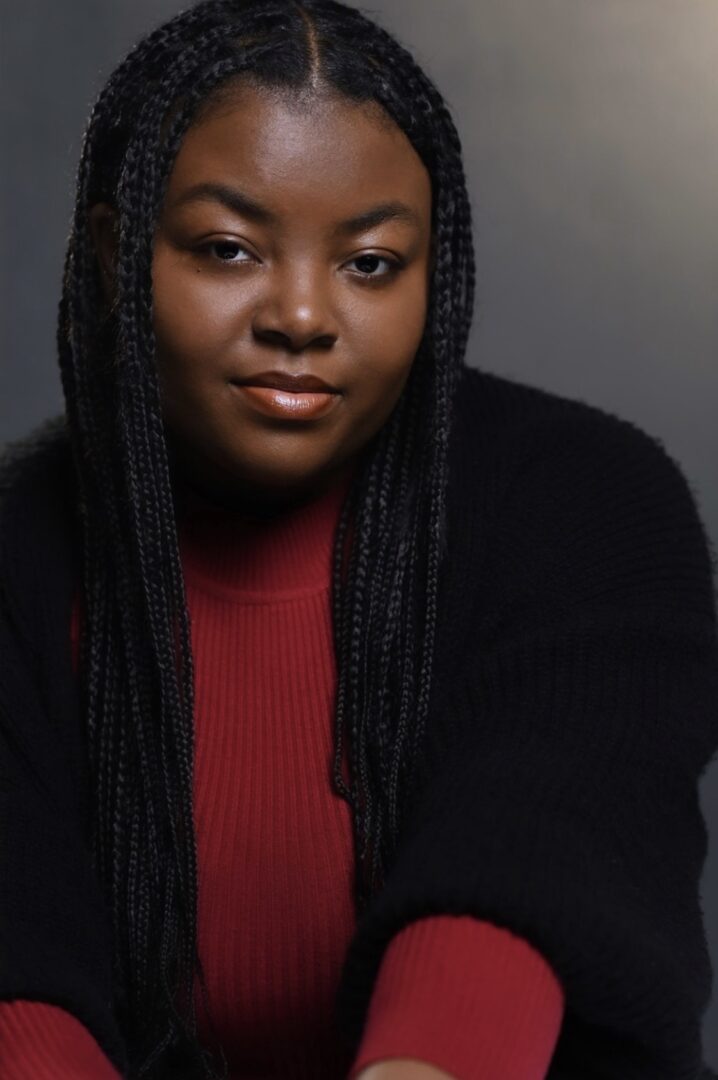
I think imposter syndrome is something we’ve all felt at some point, and honestly, I still feel it at times. When those moments come, I have to remind myself that I’m meant to be in the spaces I’m in. It’s only because of God that I’m able to keep moving forward in my purpose and my calling. Read more >>>
Maryssa Anne
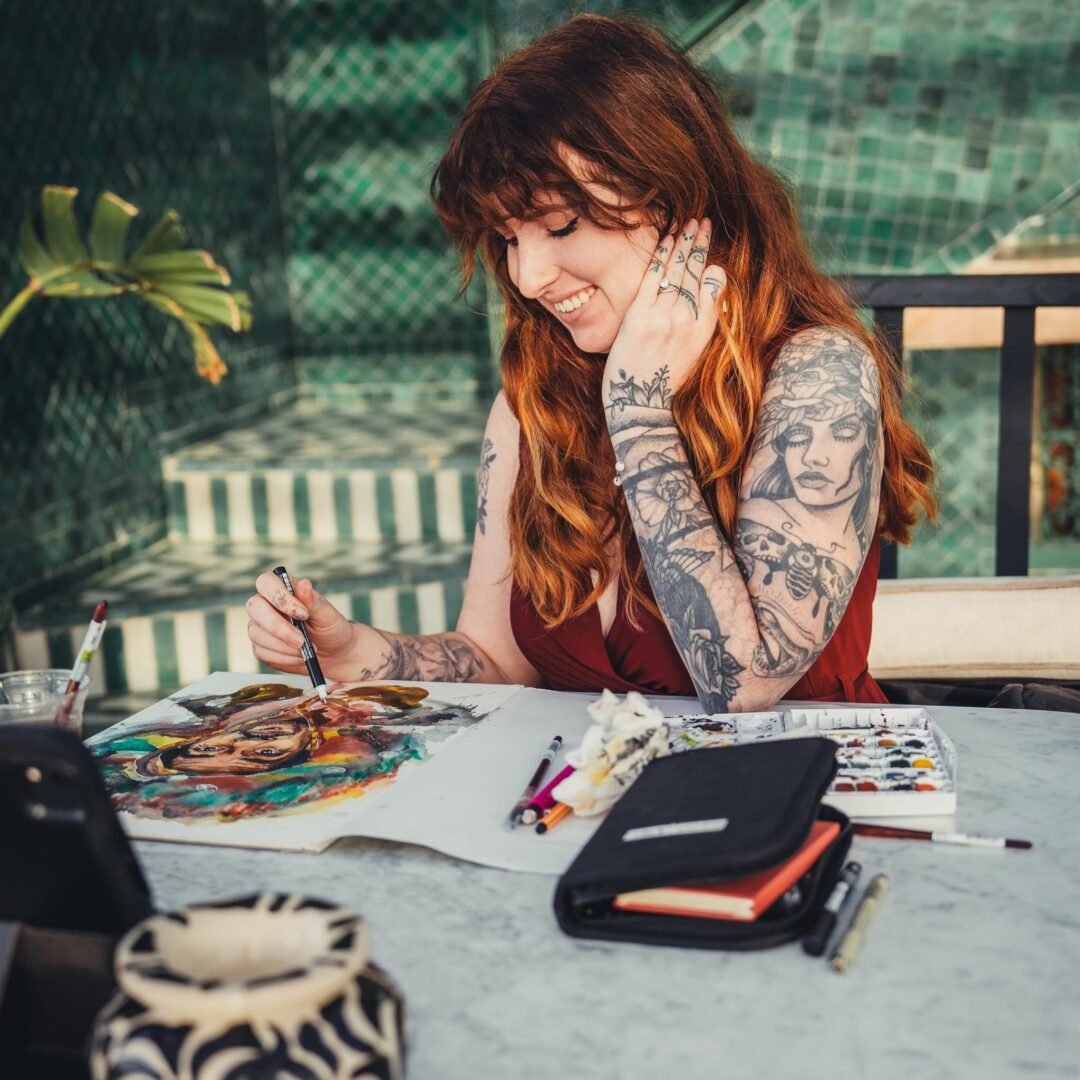
Do we ever? I think that anyone who pushes them self every day and wants to execute their art art a high level will always feel imposter syndrome at some level. Read more >>>
Evan Price

I think most entrepreneurs battle this daily. I am no different. So ‘overcome’ is an ongoing thing. We often forget about the impressive things we do, when this happens, this is when imposter syndrome hits. So I like to write down 3 big things I have accomplished in that area that can give me back my confidence. Read more >>>
Angela Baroni
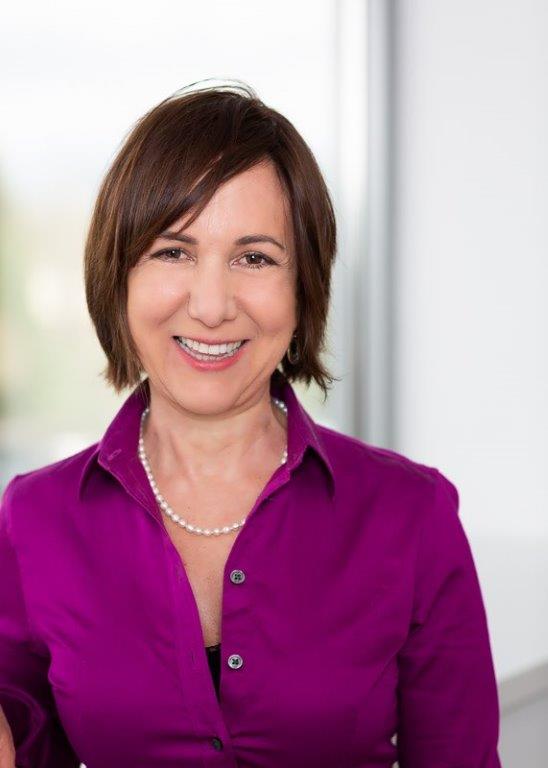
I skipped high school to do a professional course (Magisterio) to be an elementary school teacher in Brazil. I was a second-grade teacher at age 17. At the age of 18, I quit teaching and moved to a big city, Caxias do Sul. I secured a position at an assembly line manufacturer, and I wanted to attend school to pursue a degree in business. Read more >>>
Crystle Jones-Bond
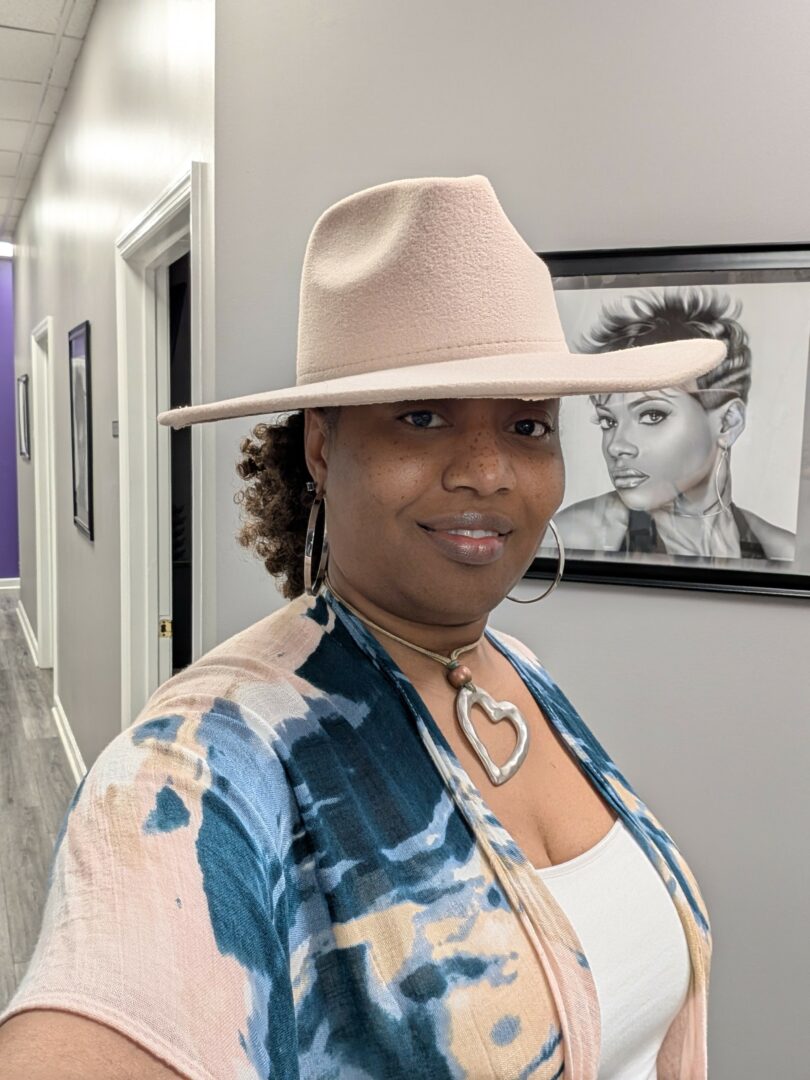
Imposter syndrome is something I deal with every day—it’s been a struggle for years. But recently I listened to a sermon that really changed things for me. Read more >>>
Adai Song

When I first started posting my roughly mixed original songs online in 2017, I wished one day to lead the production of a full album professionally. Read more >>>

